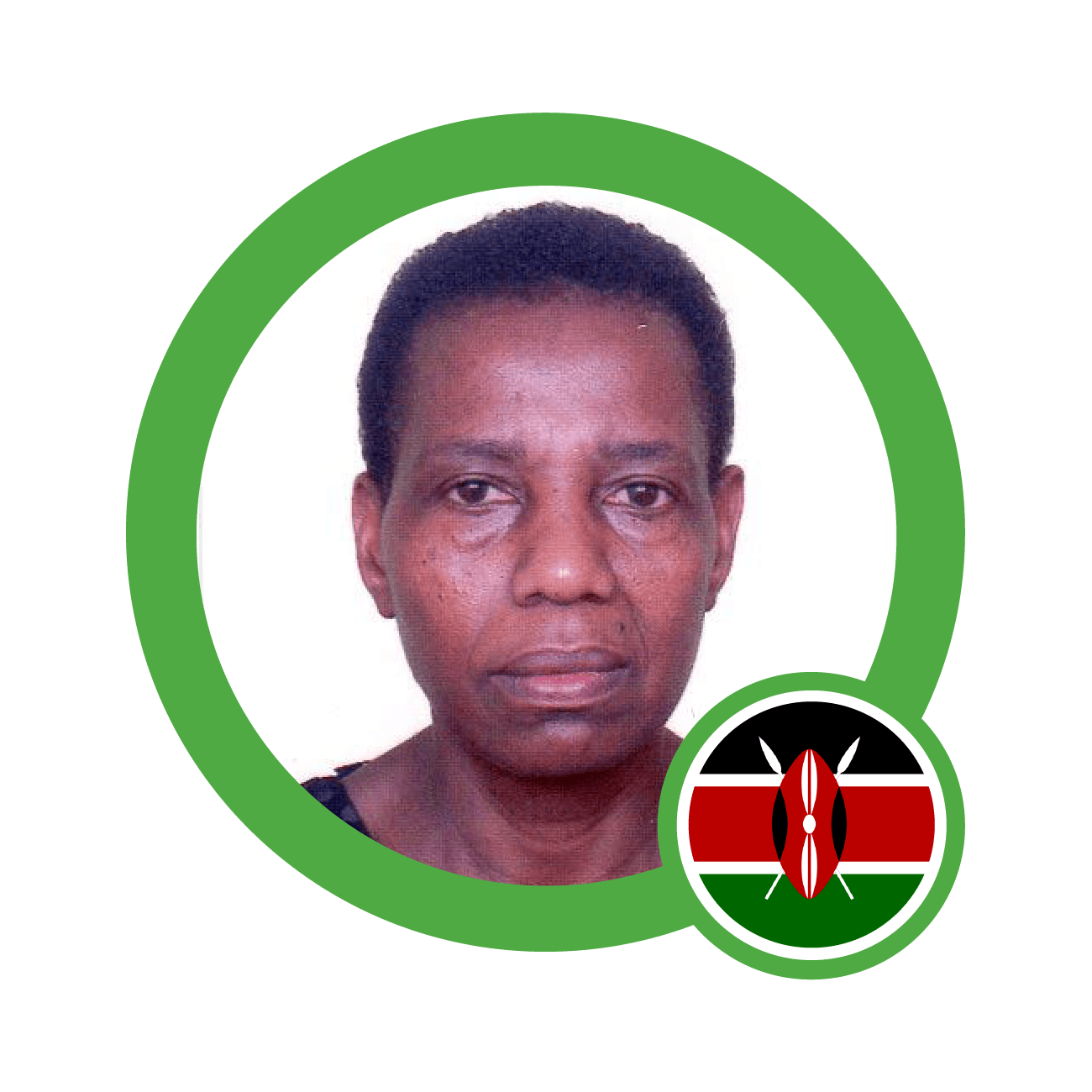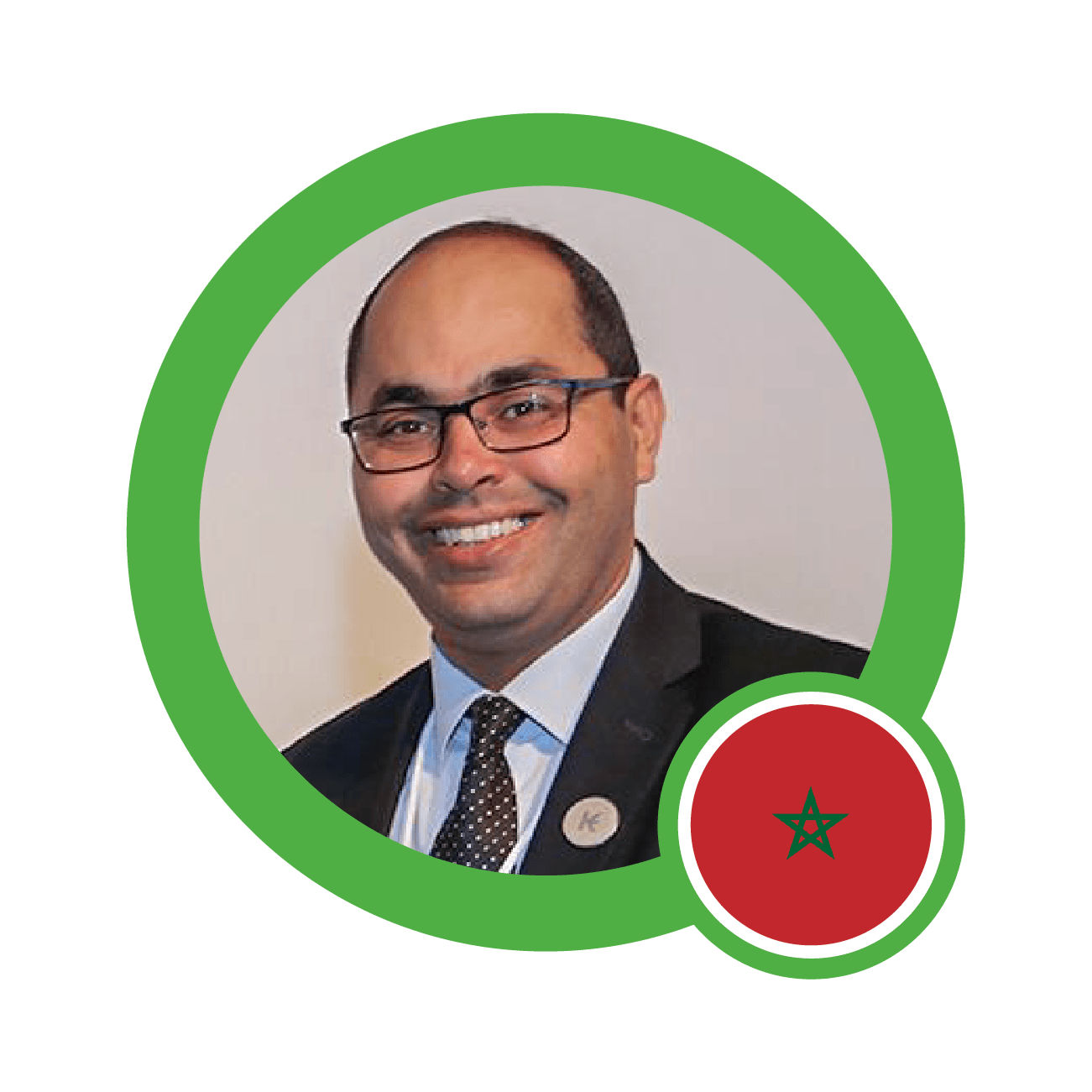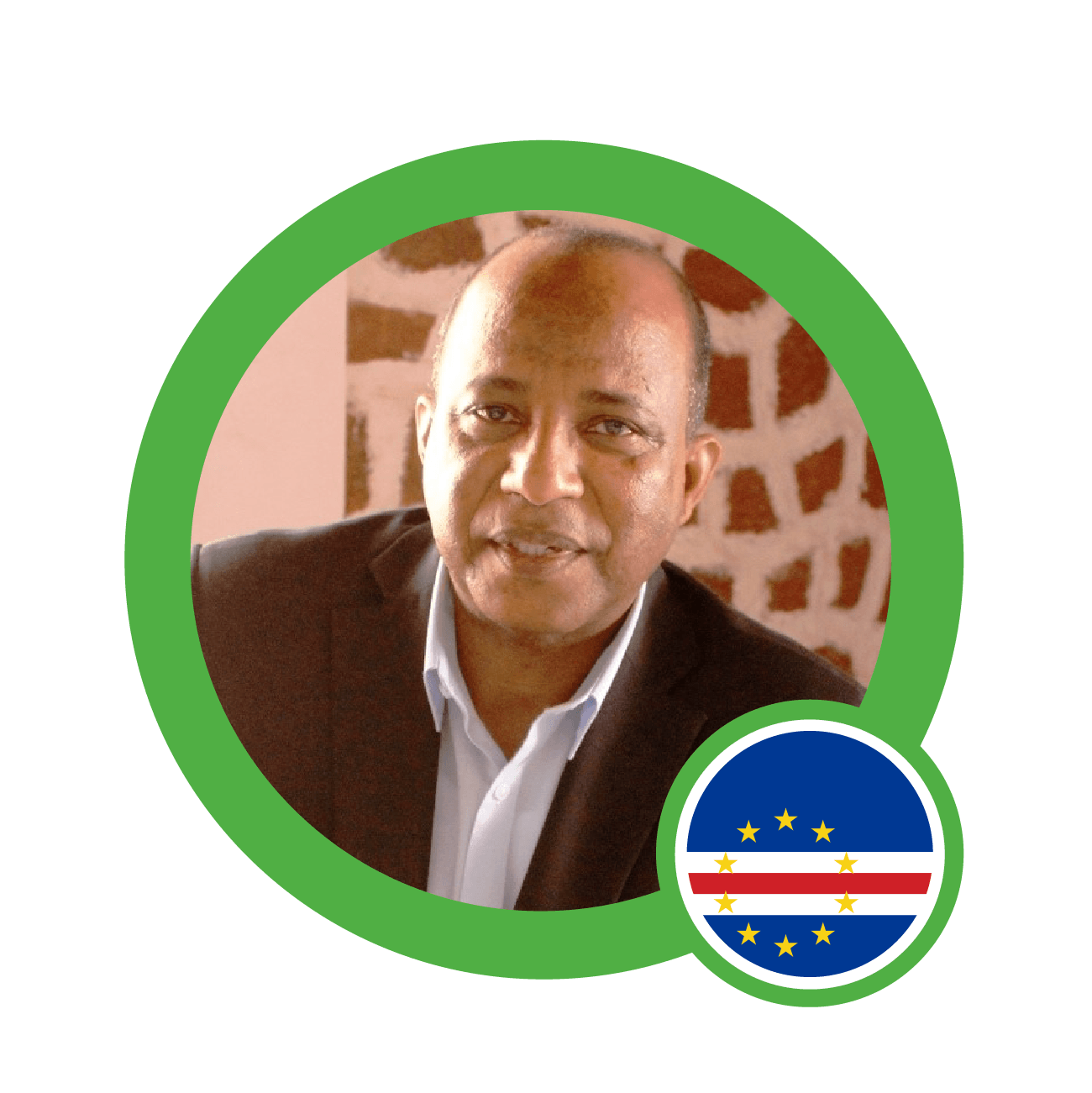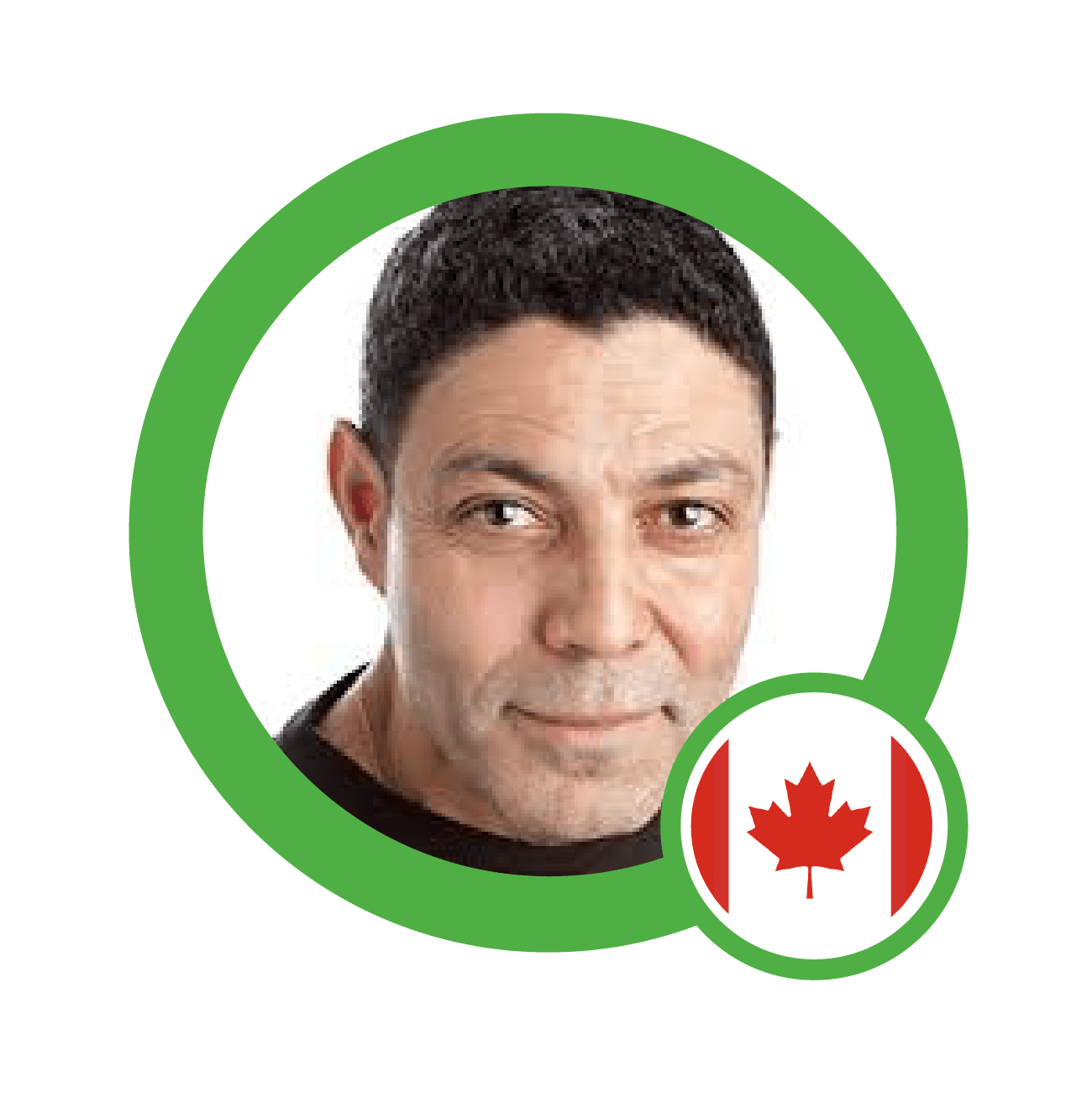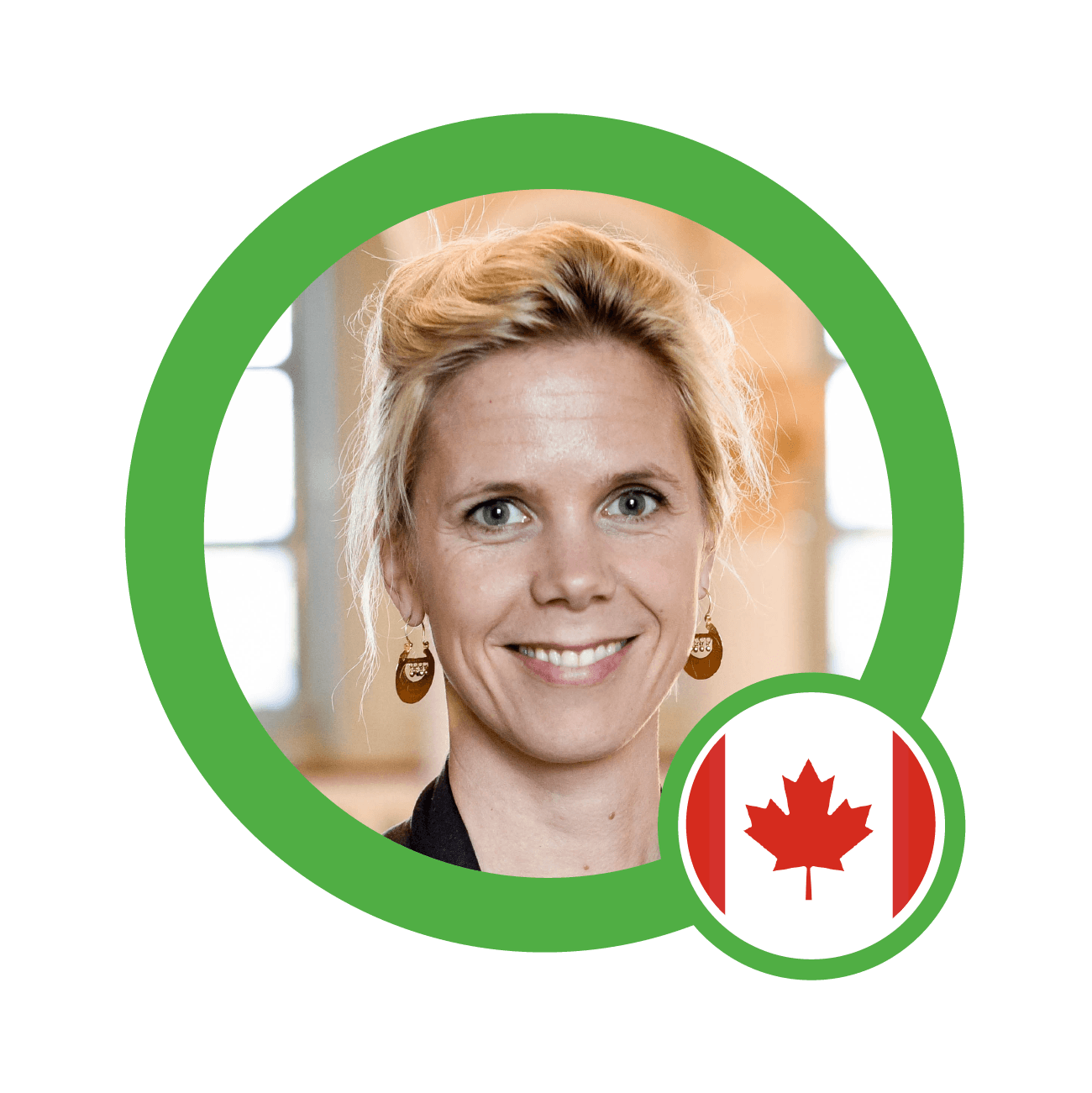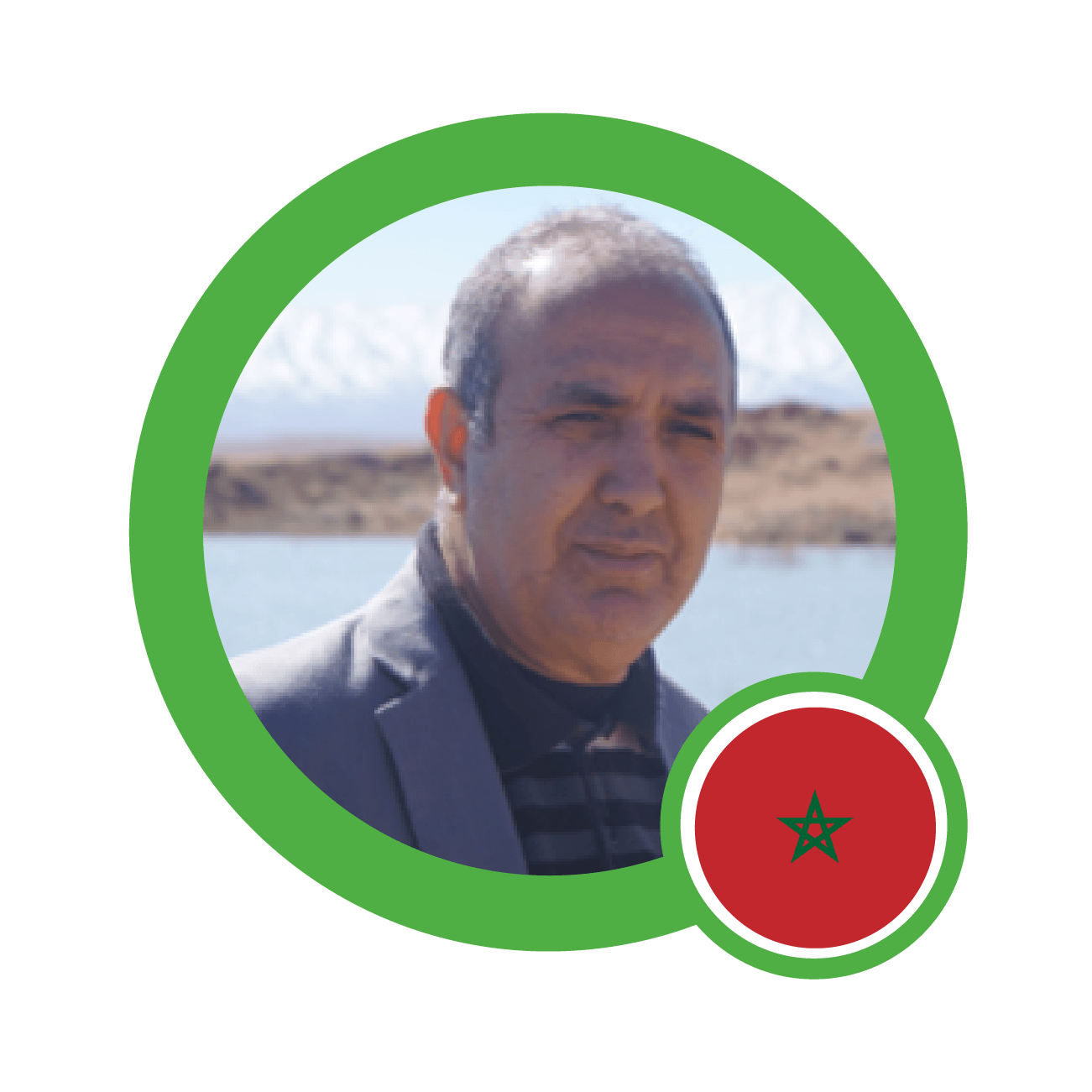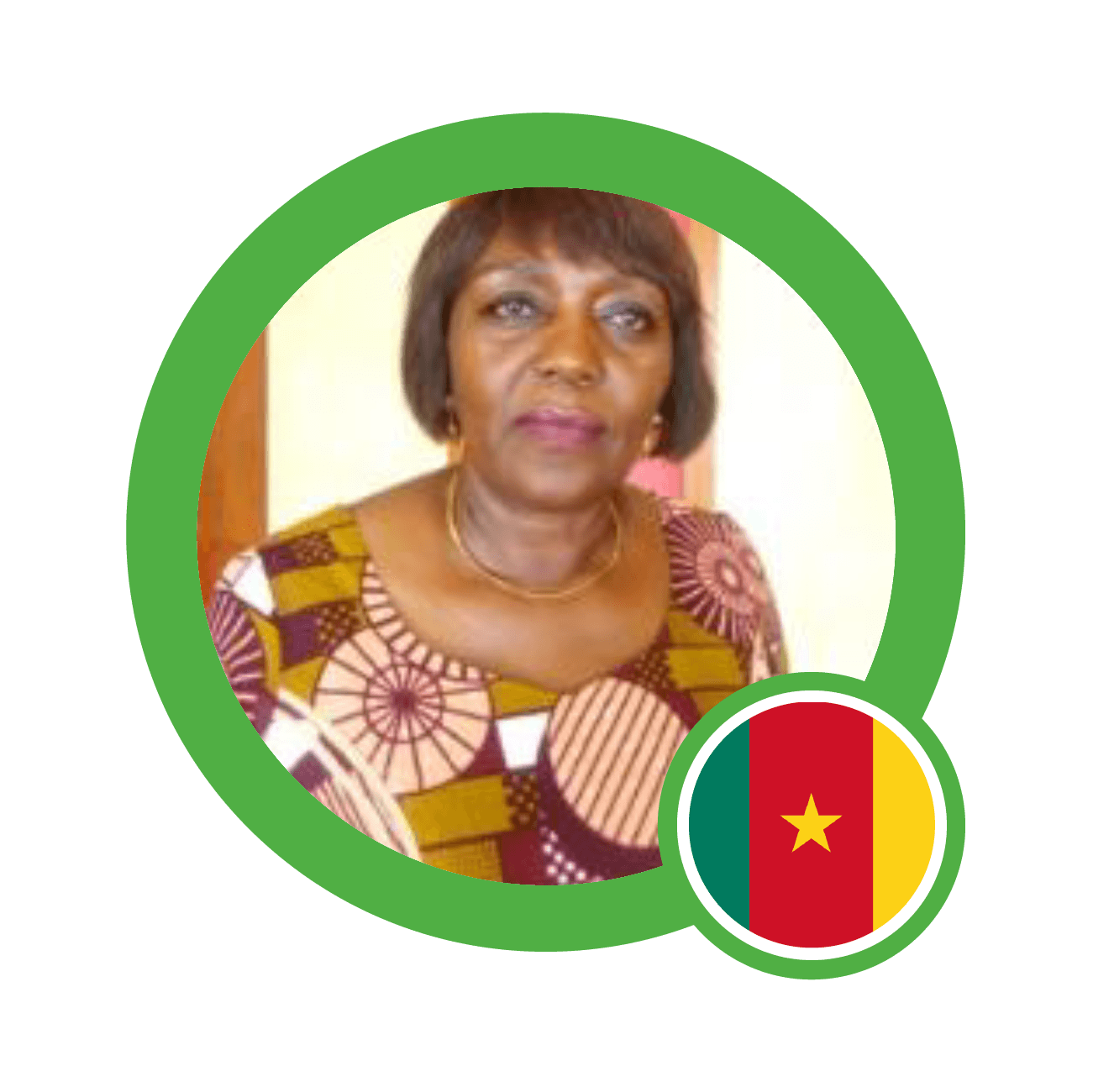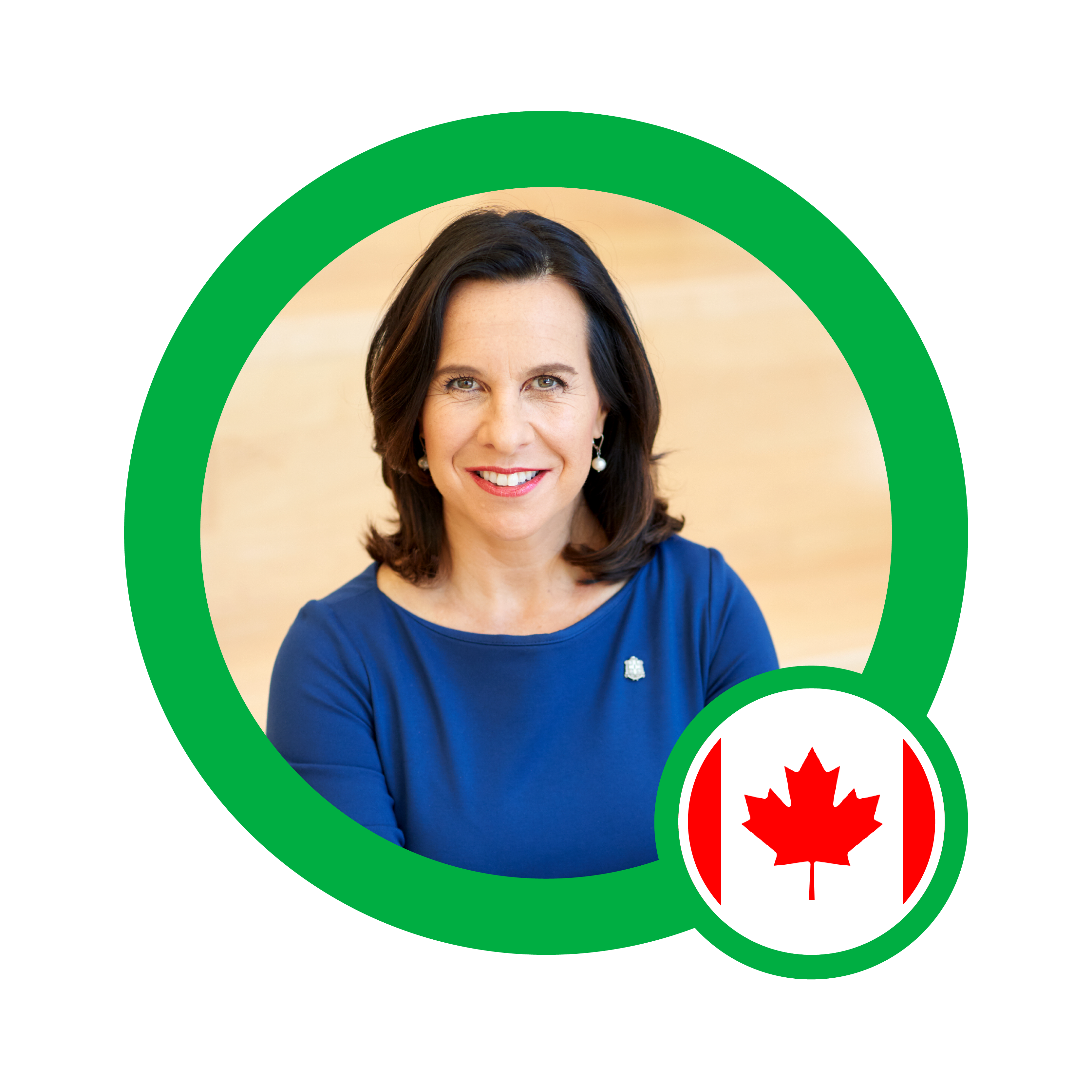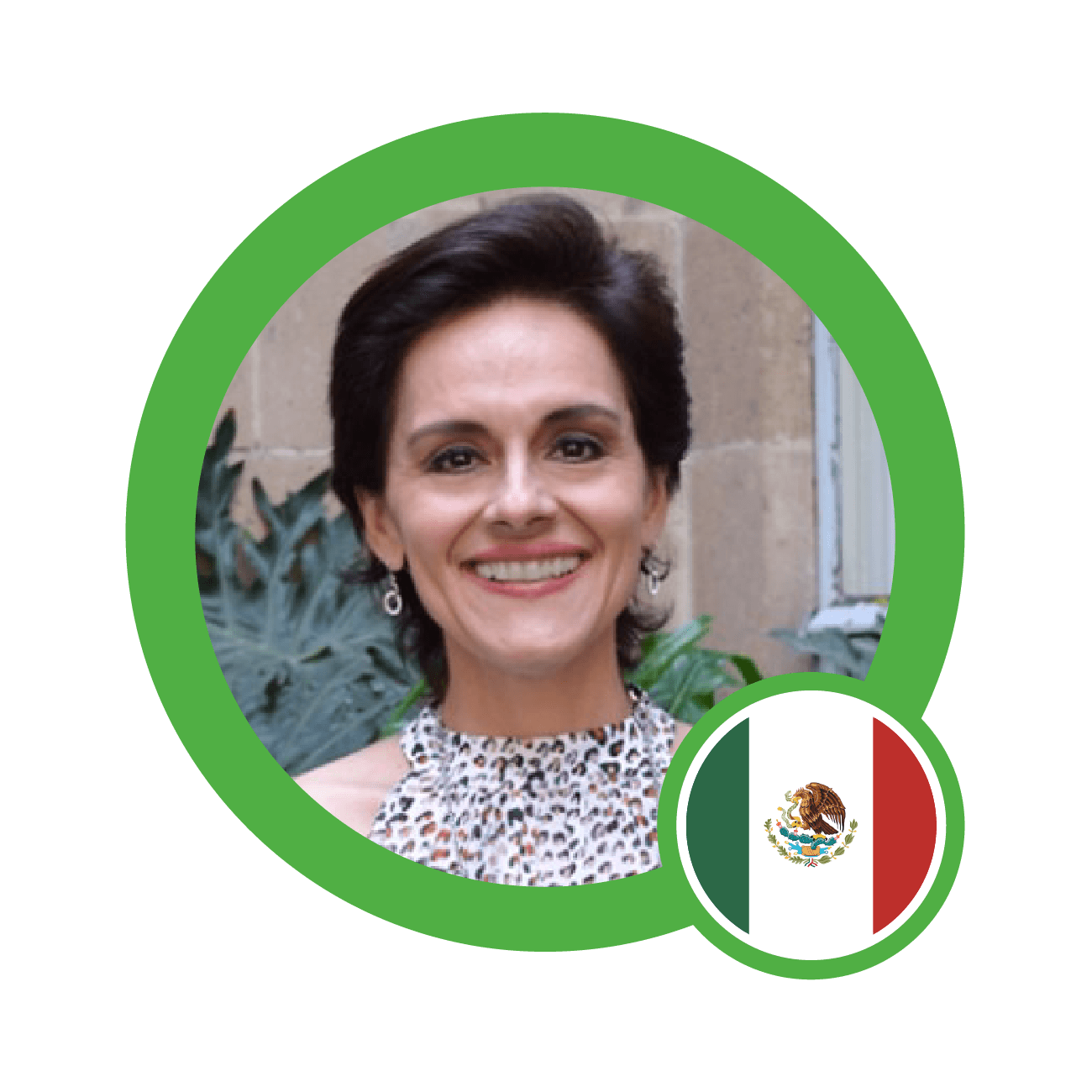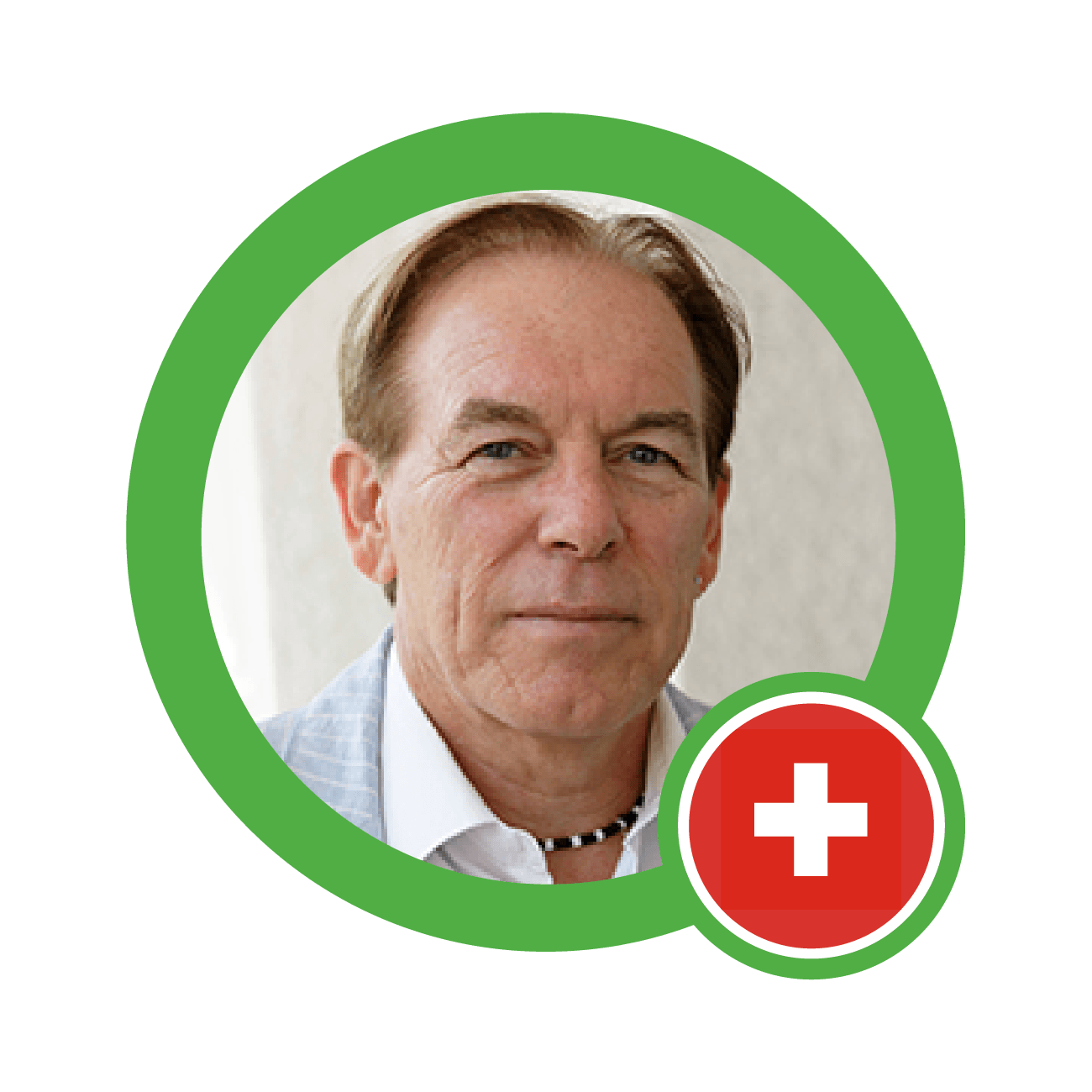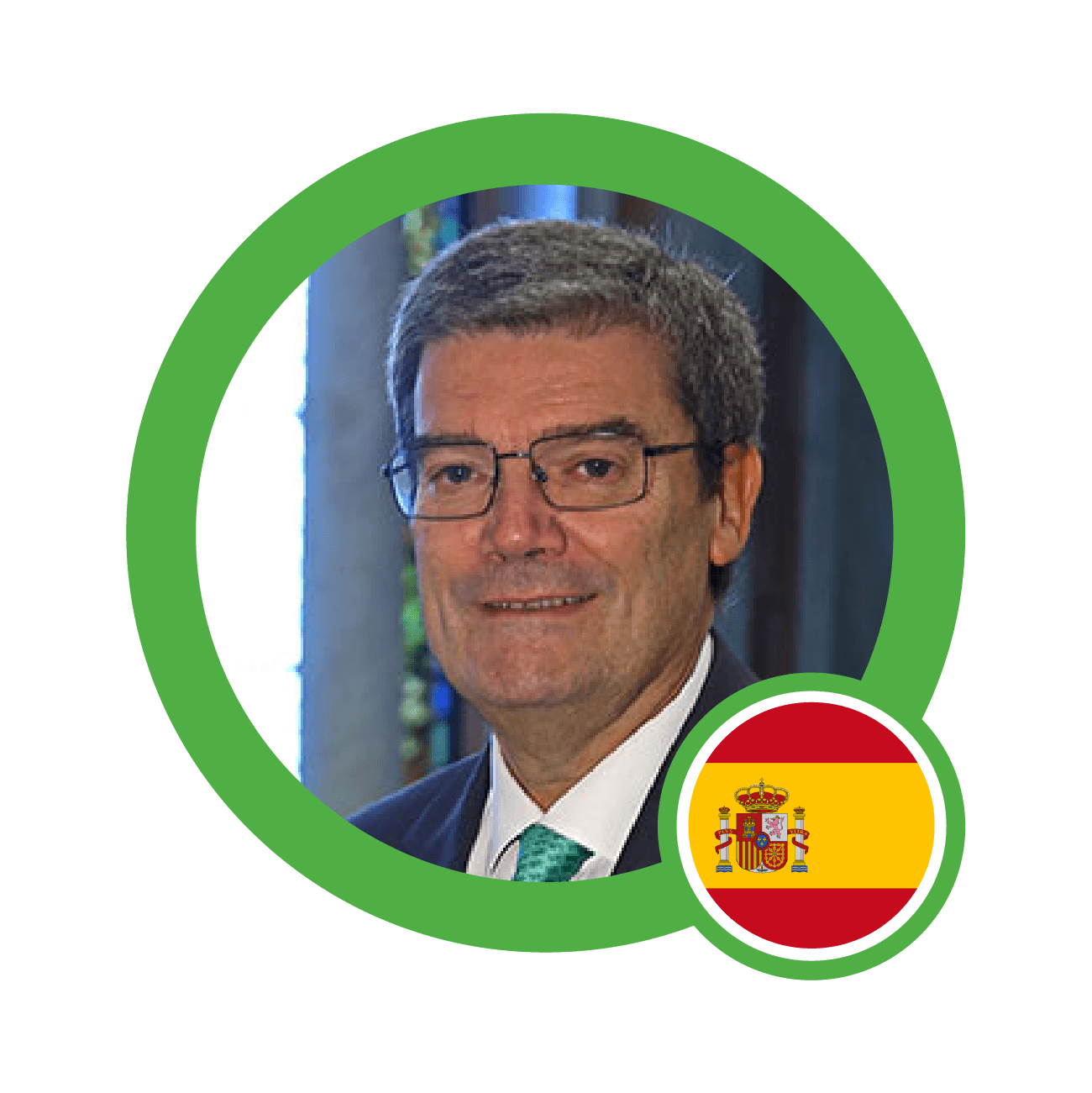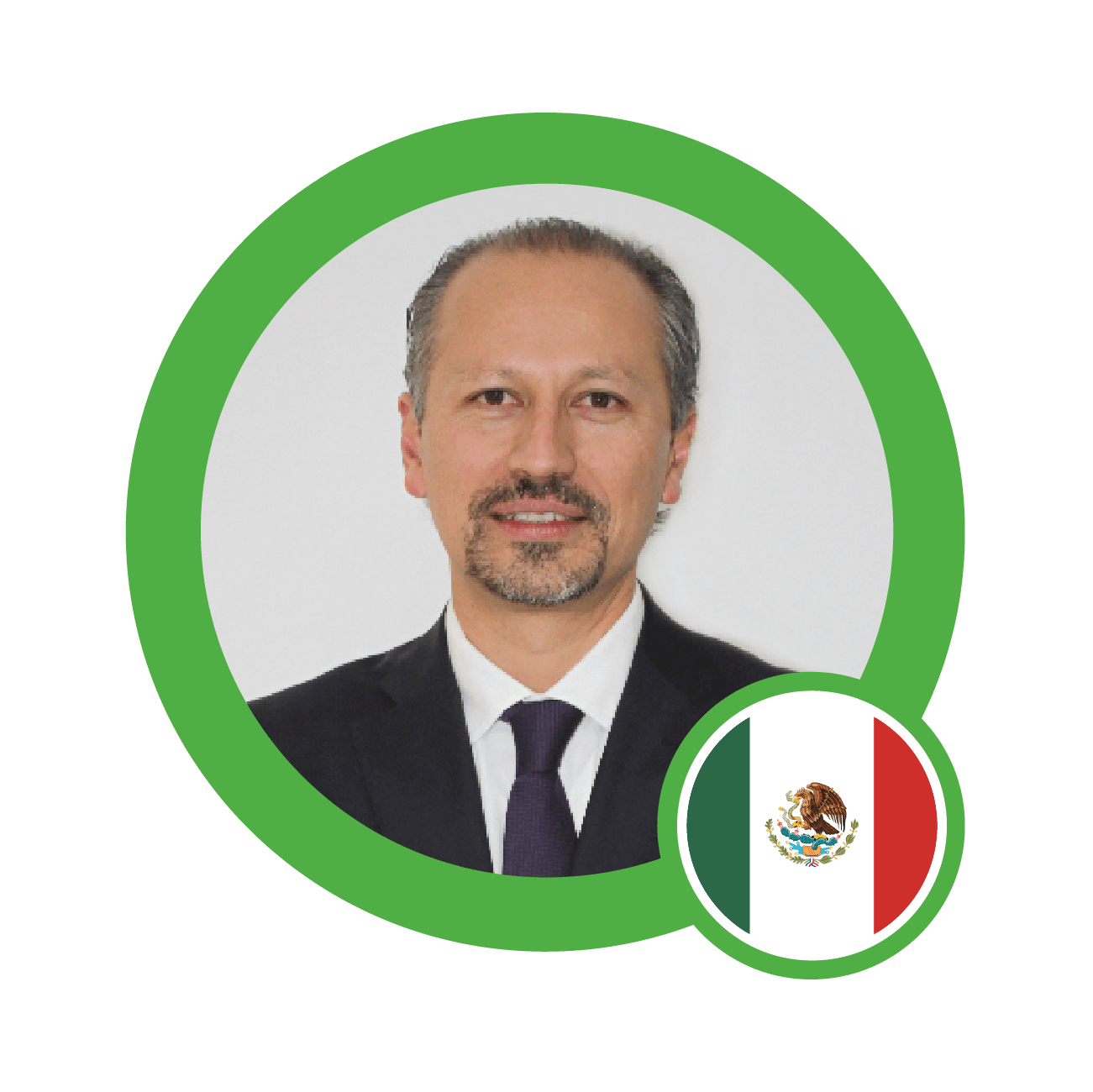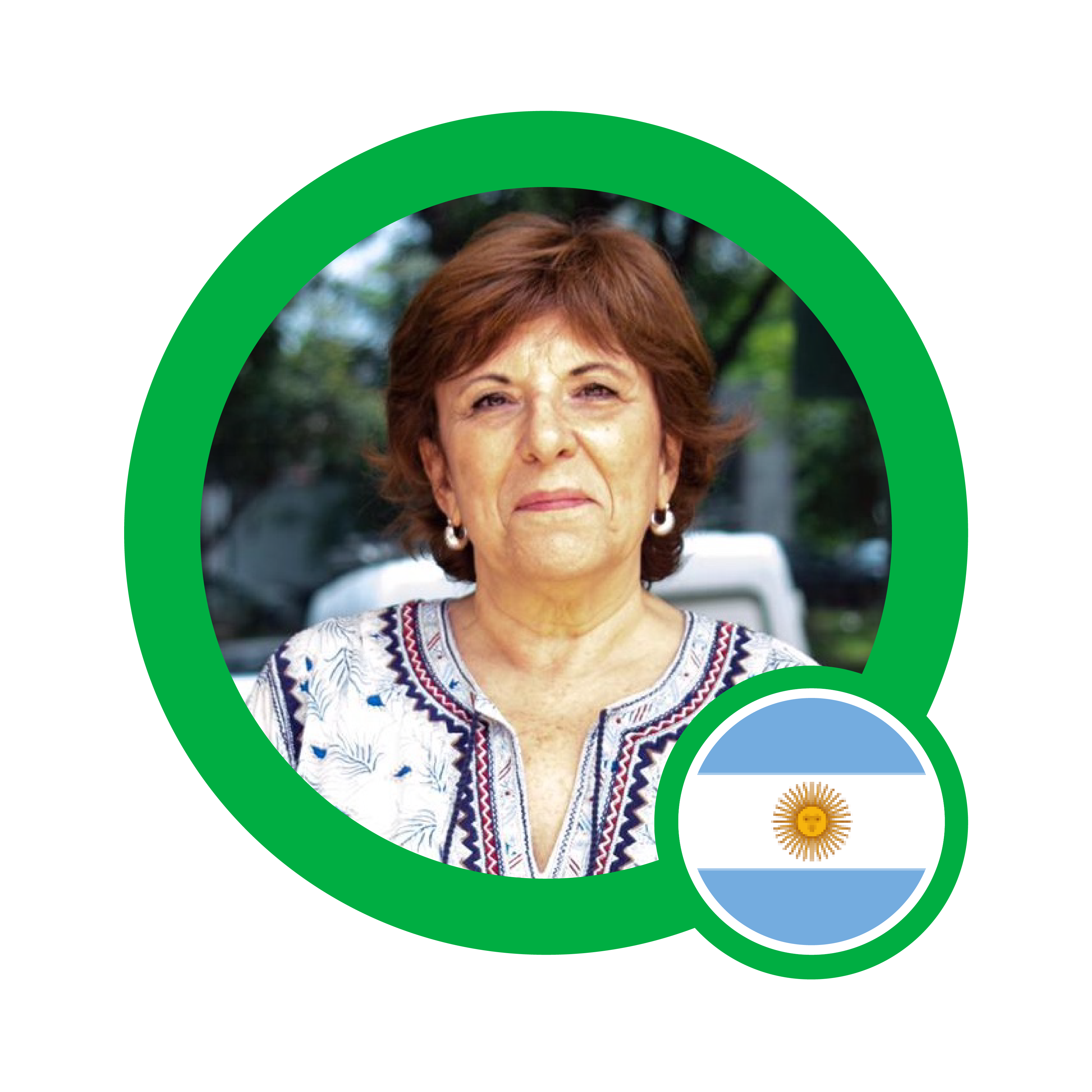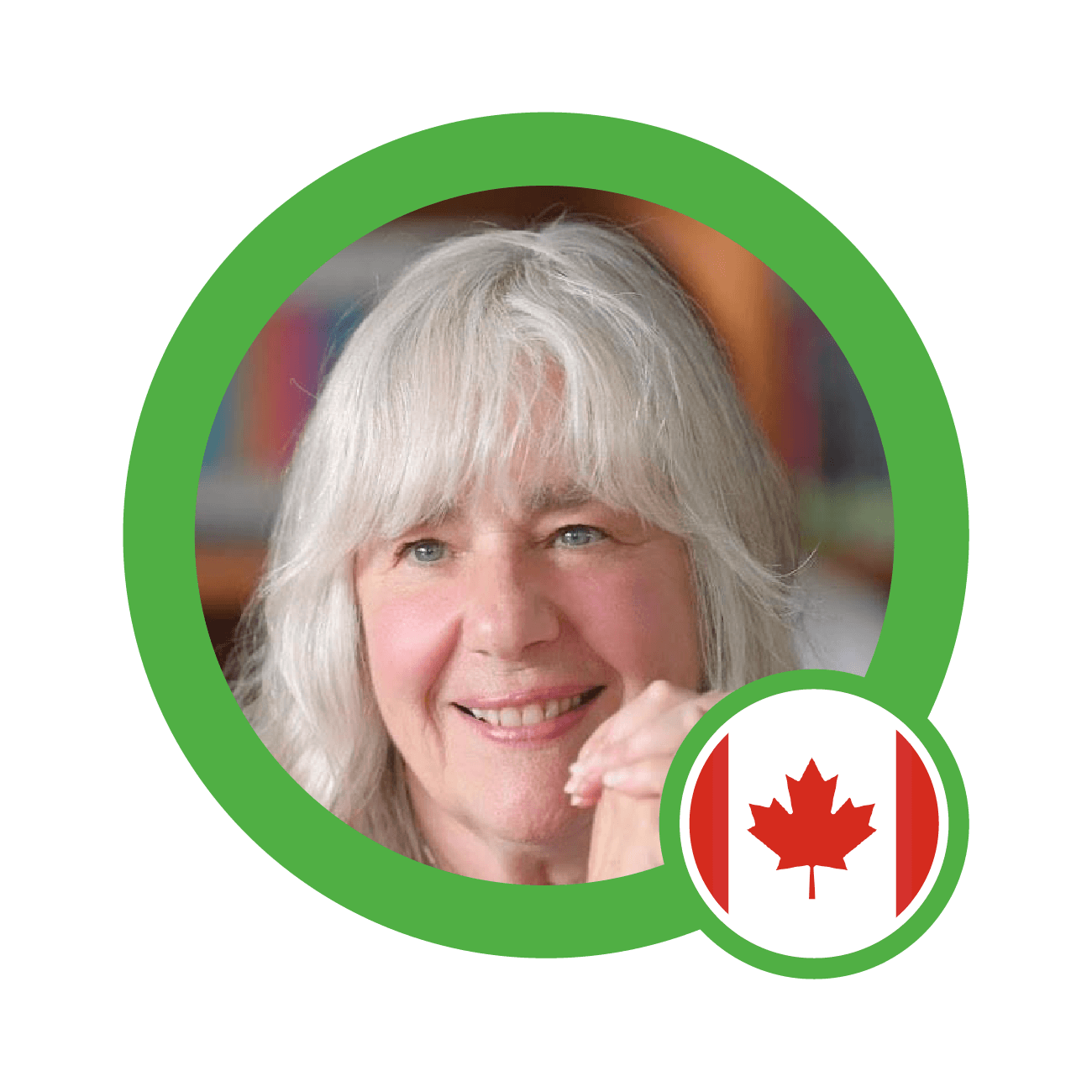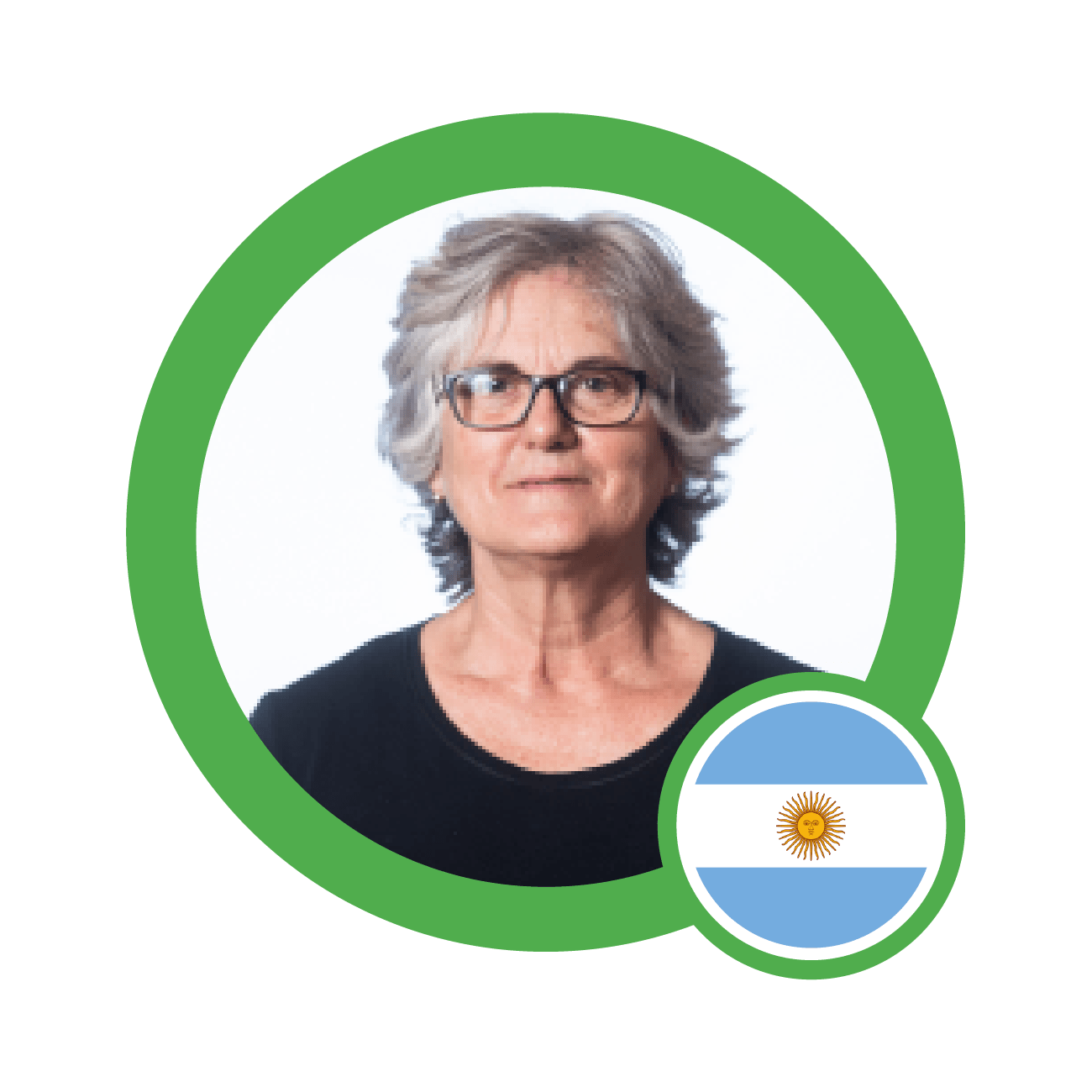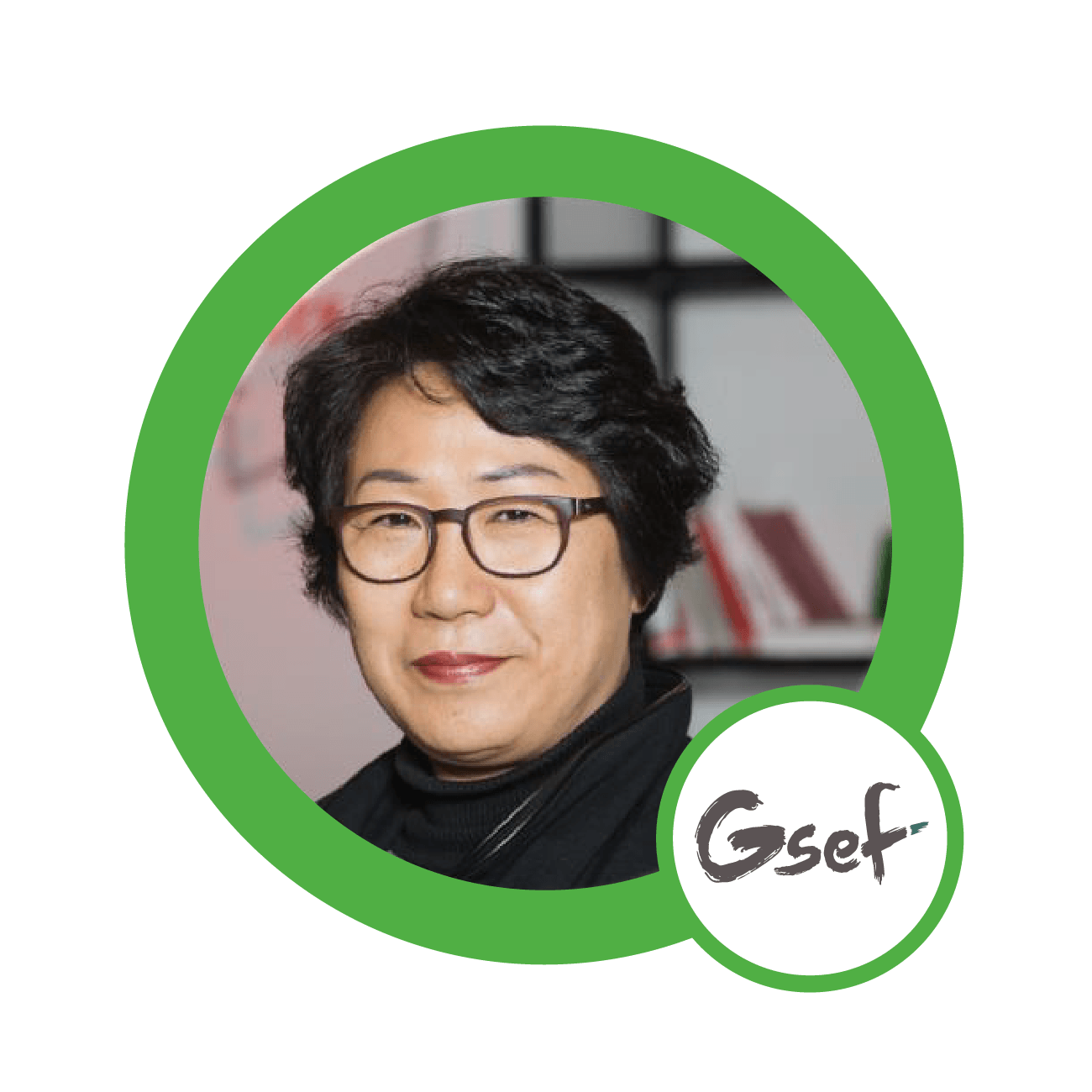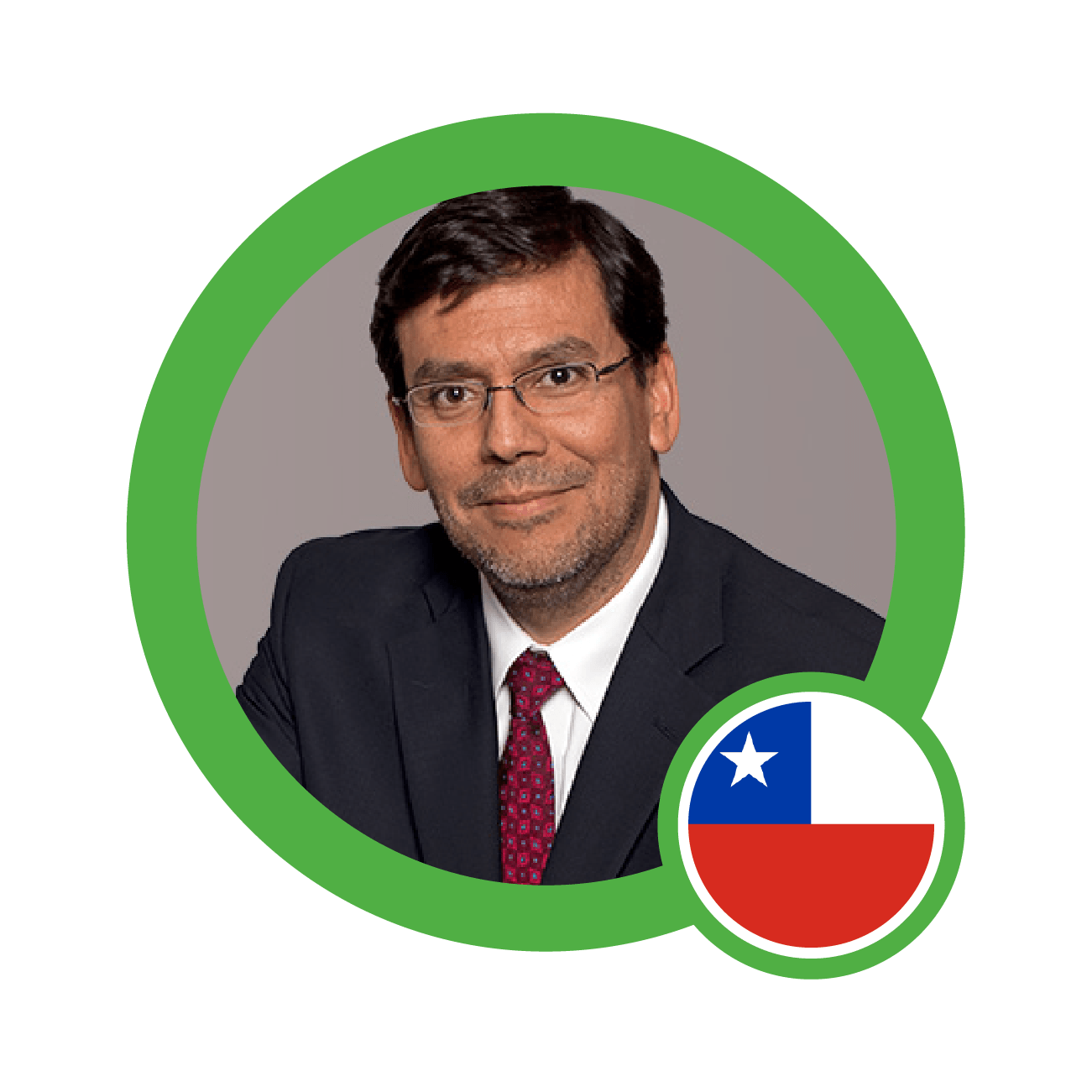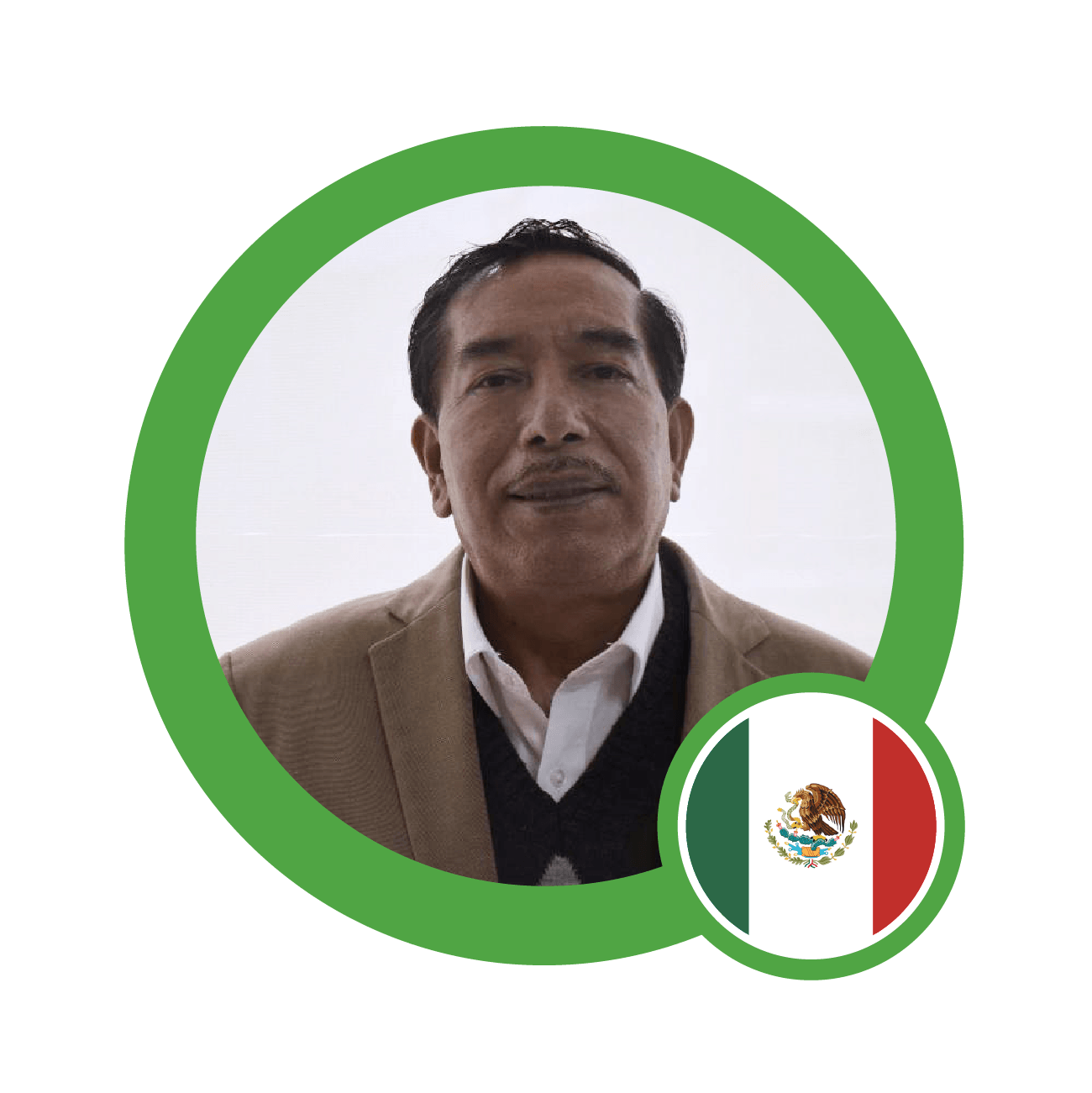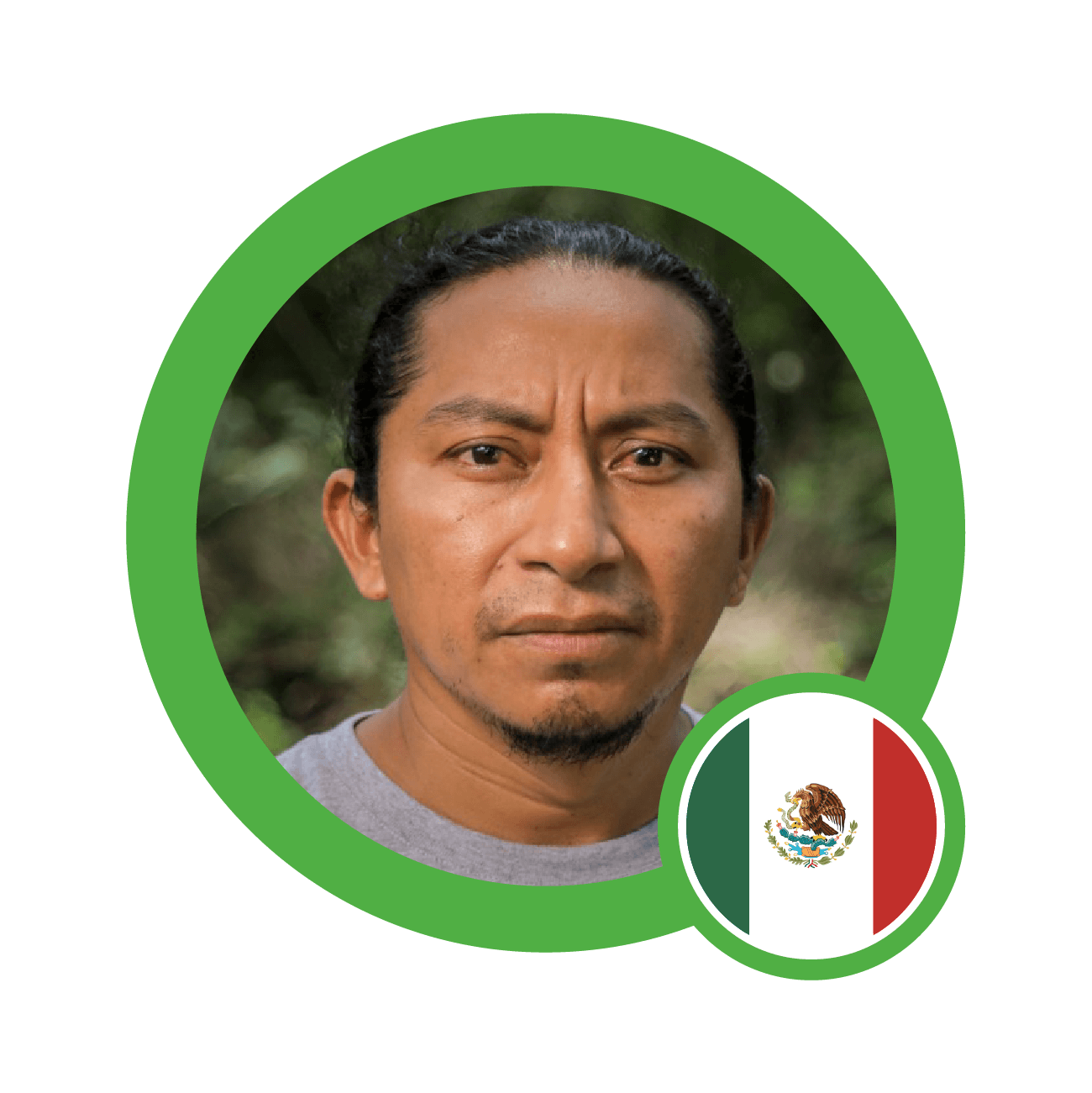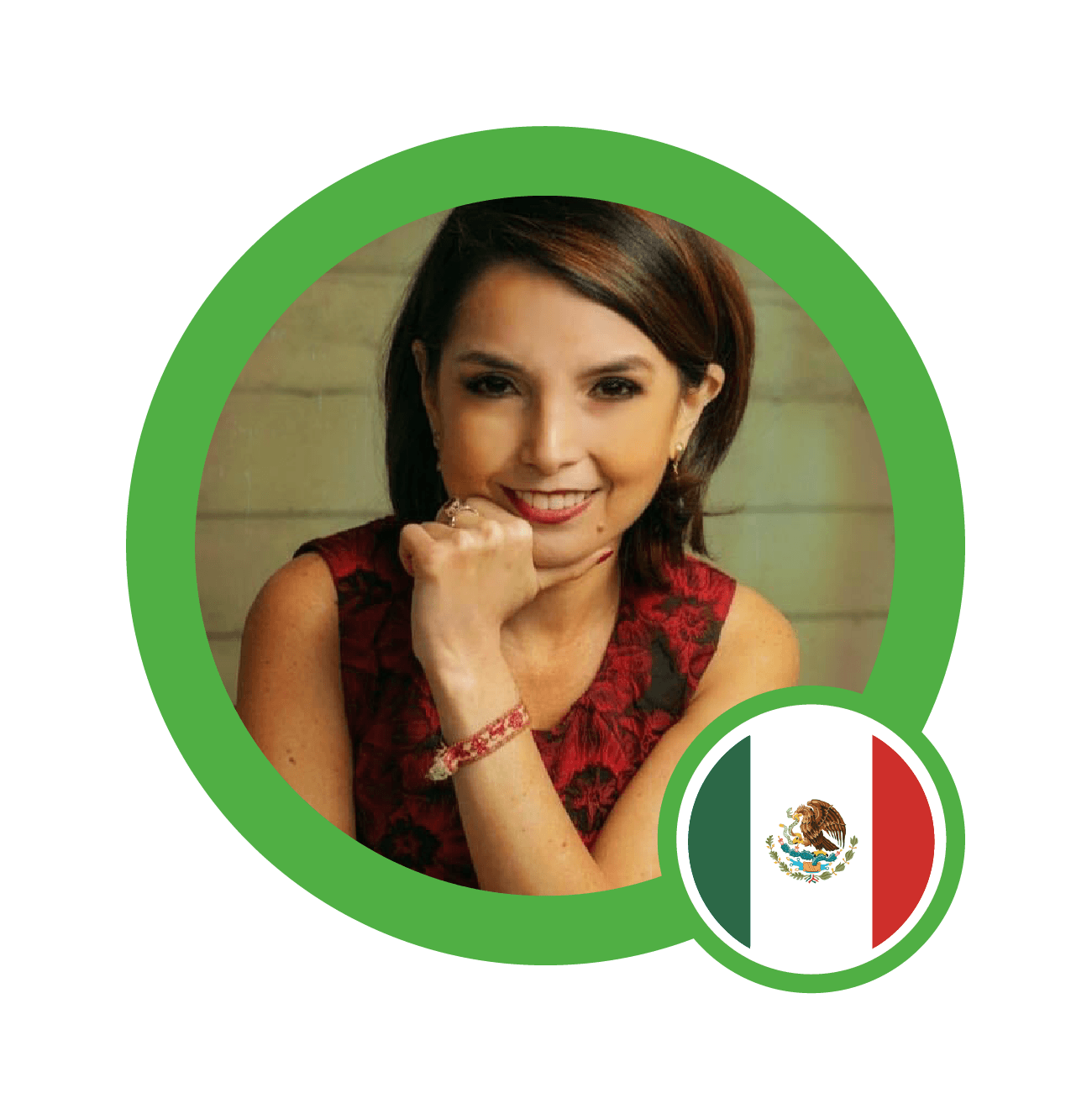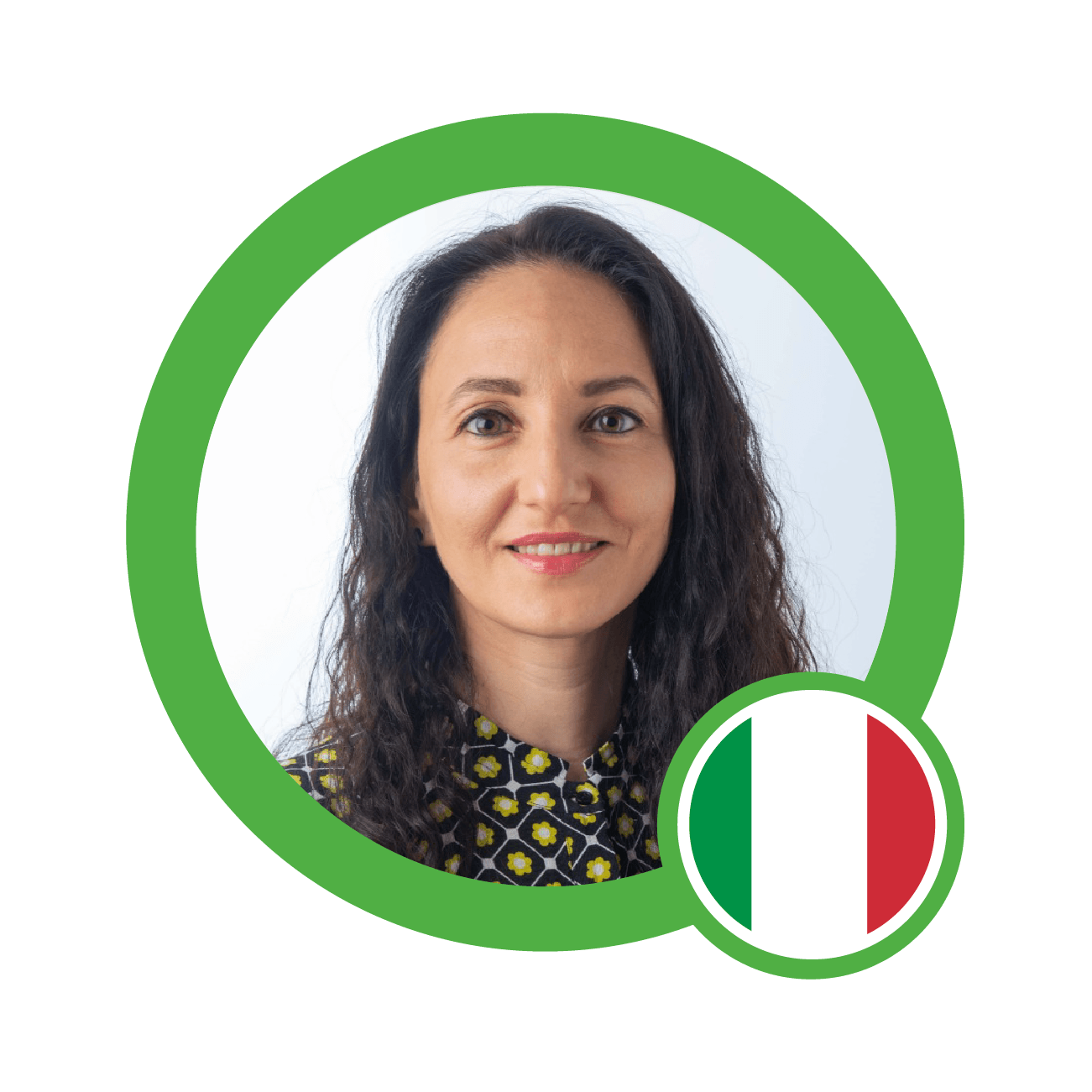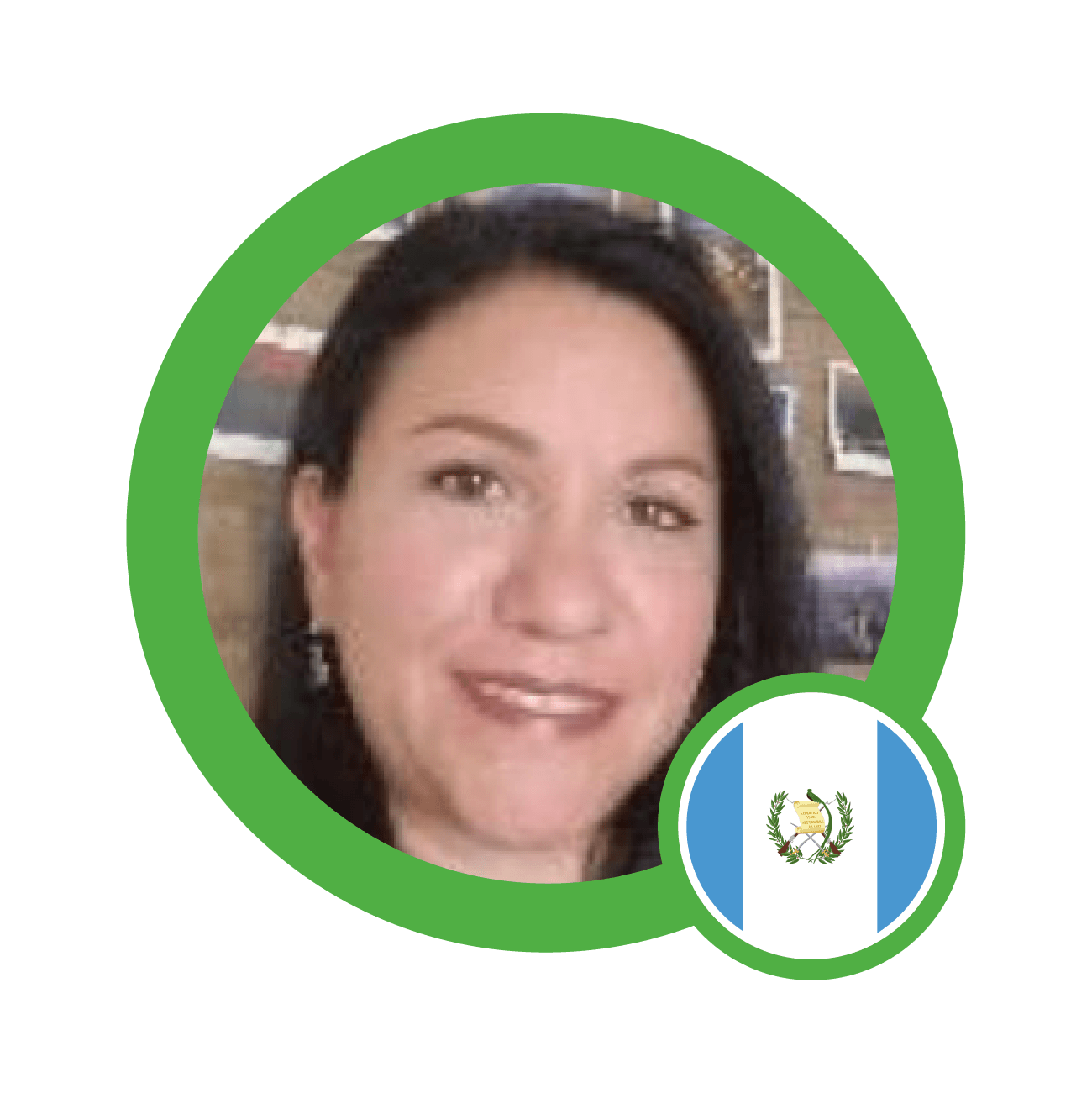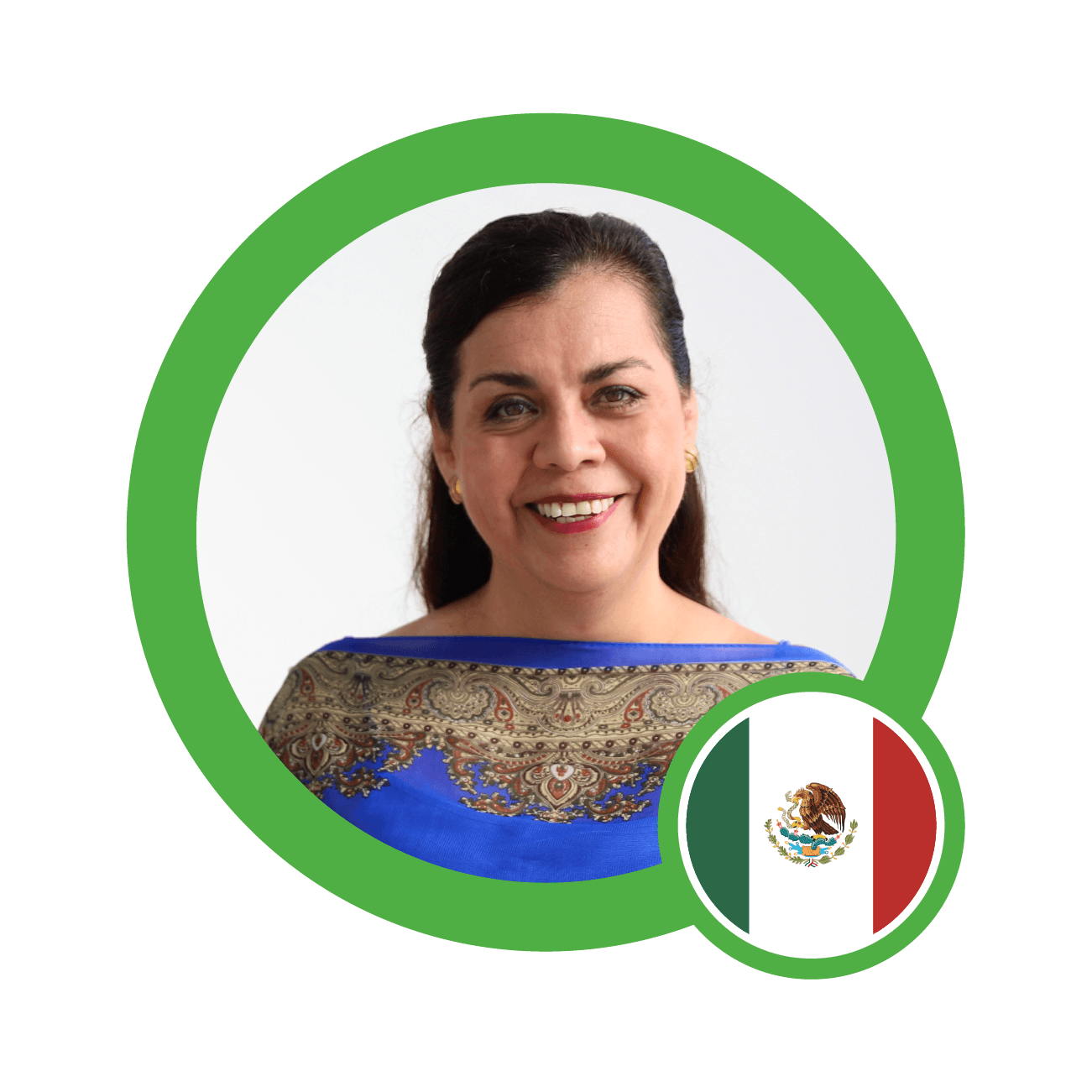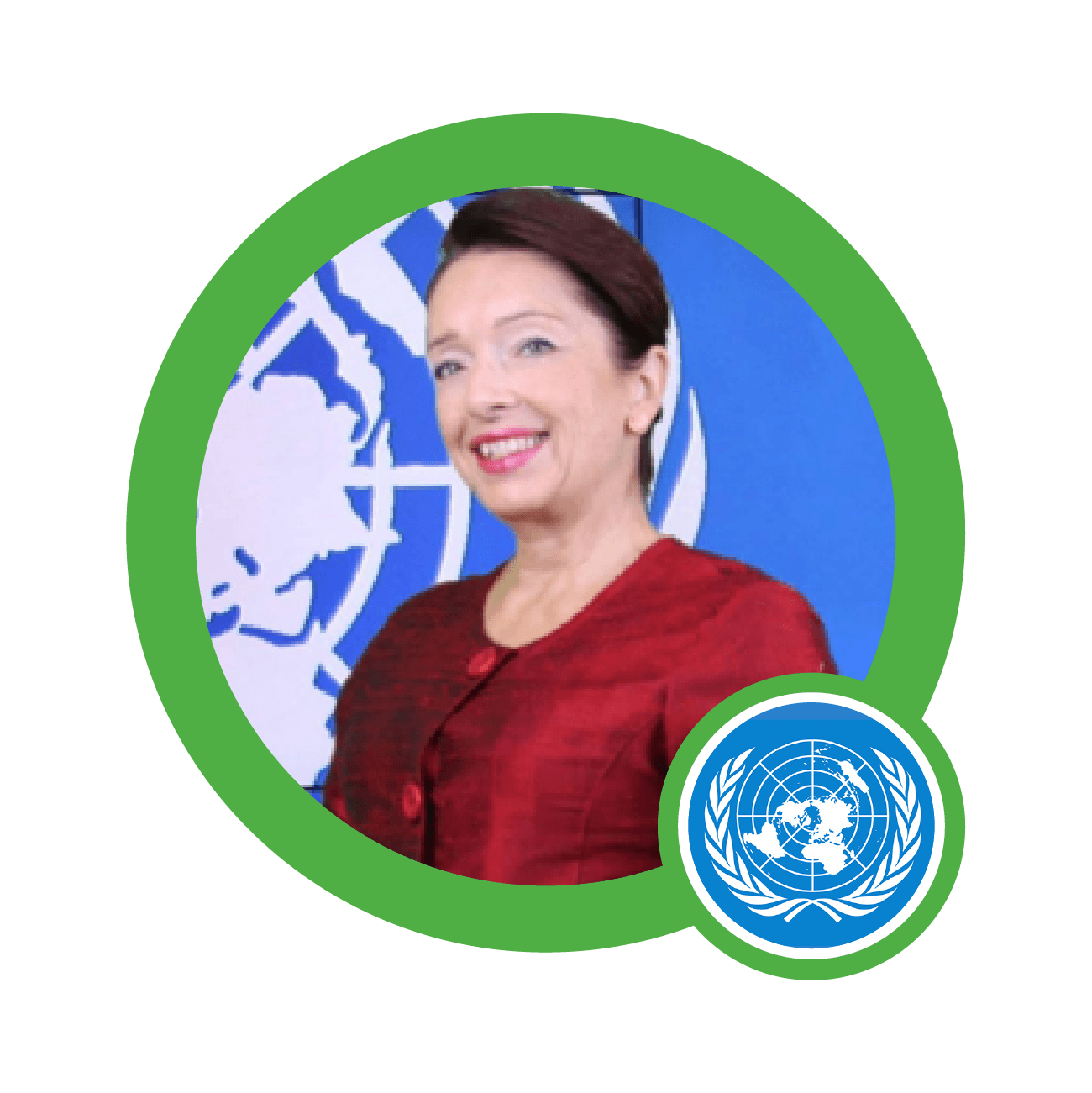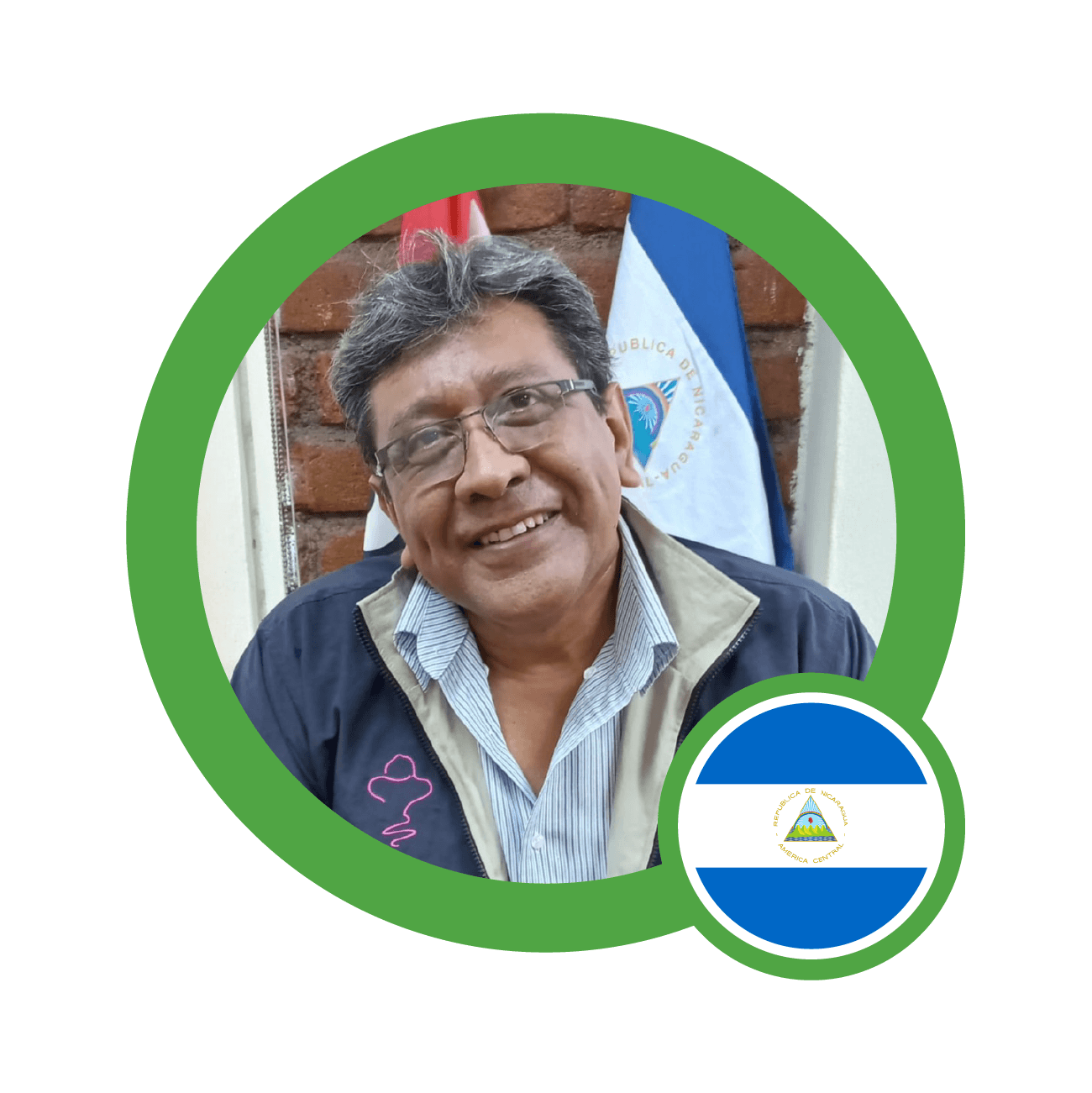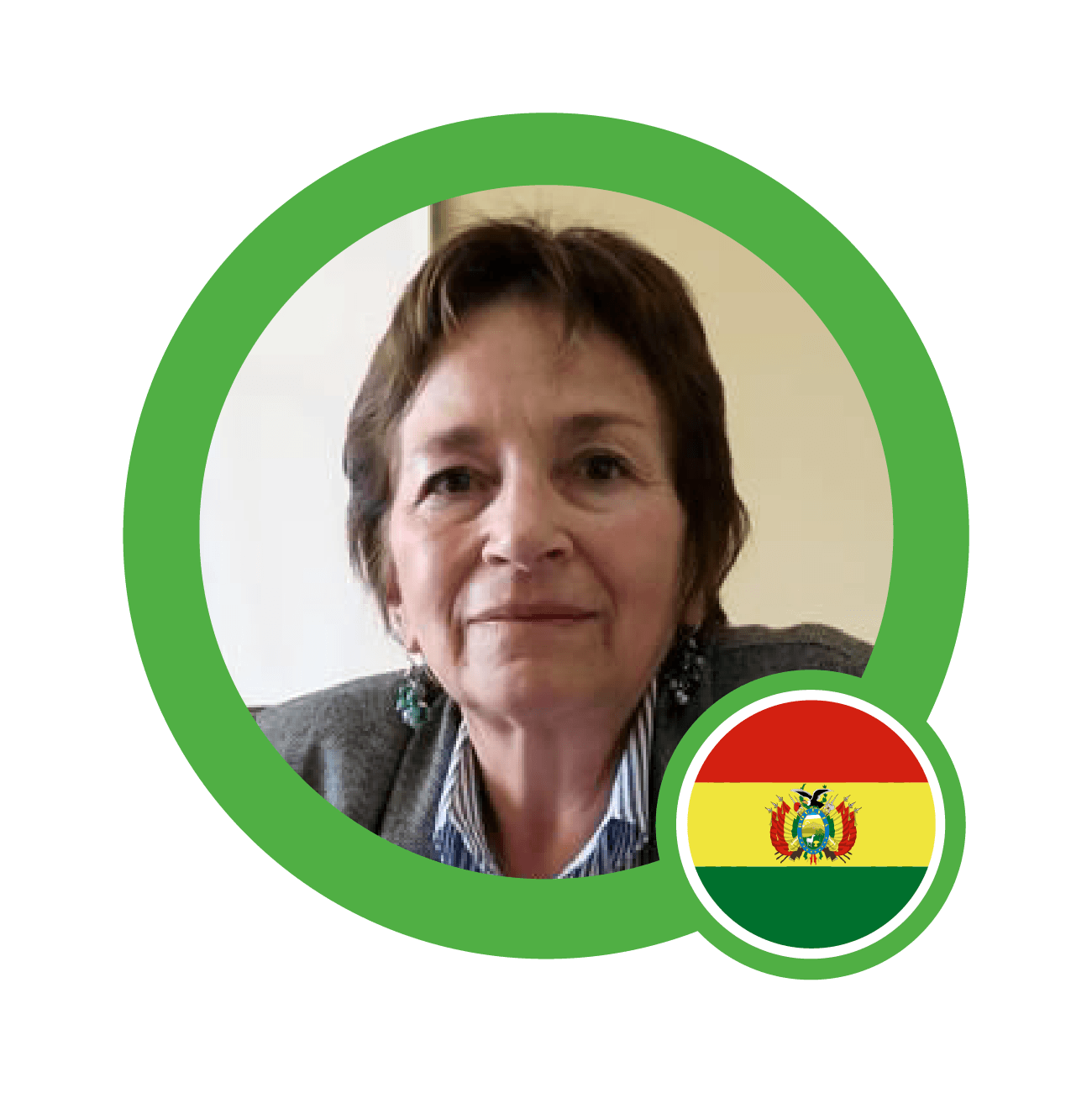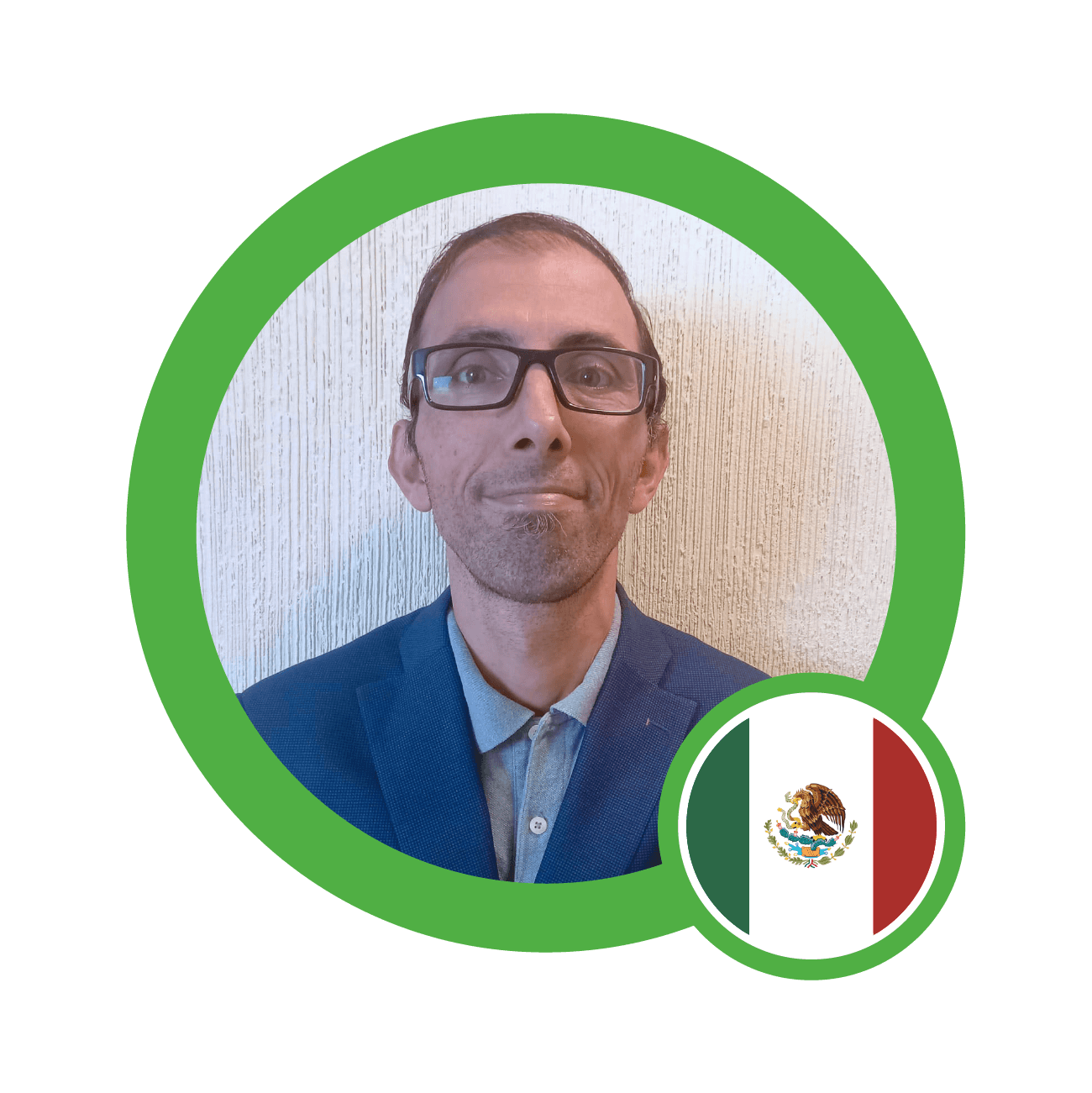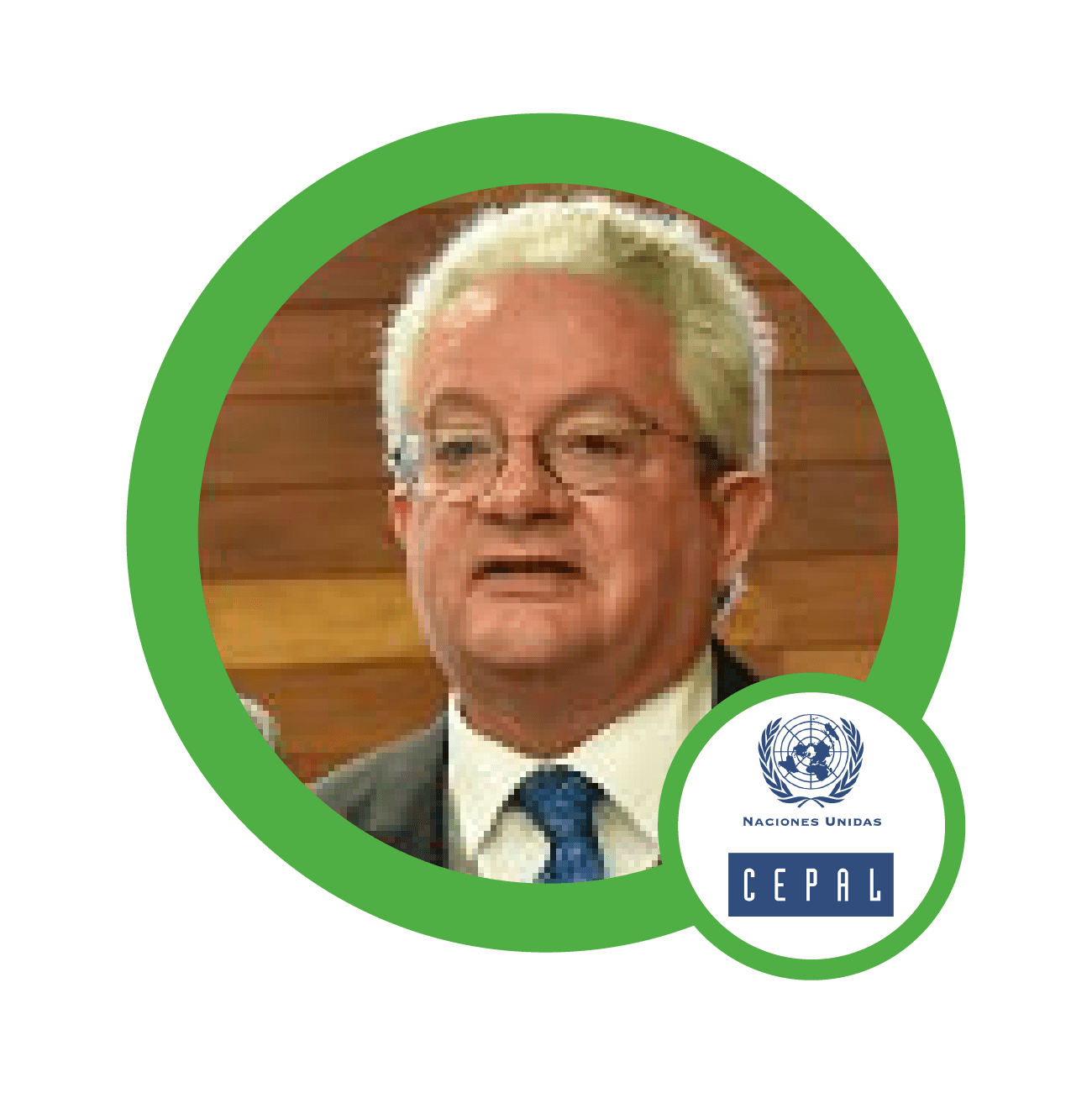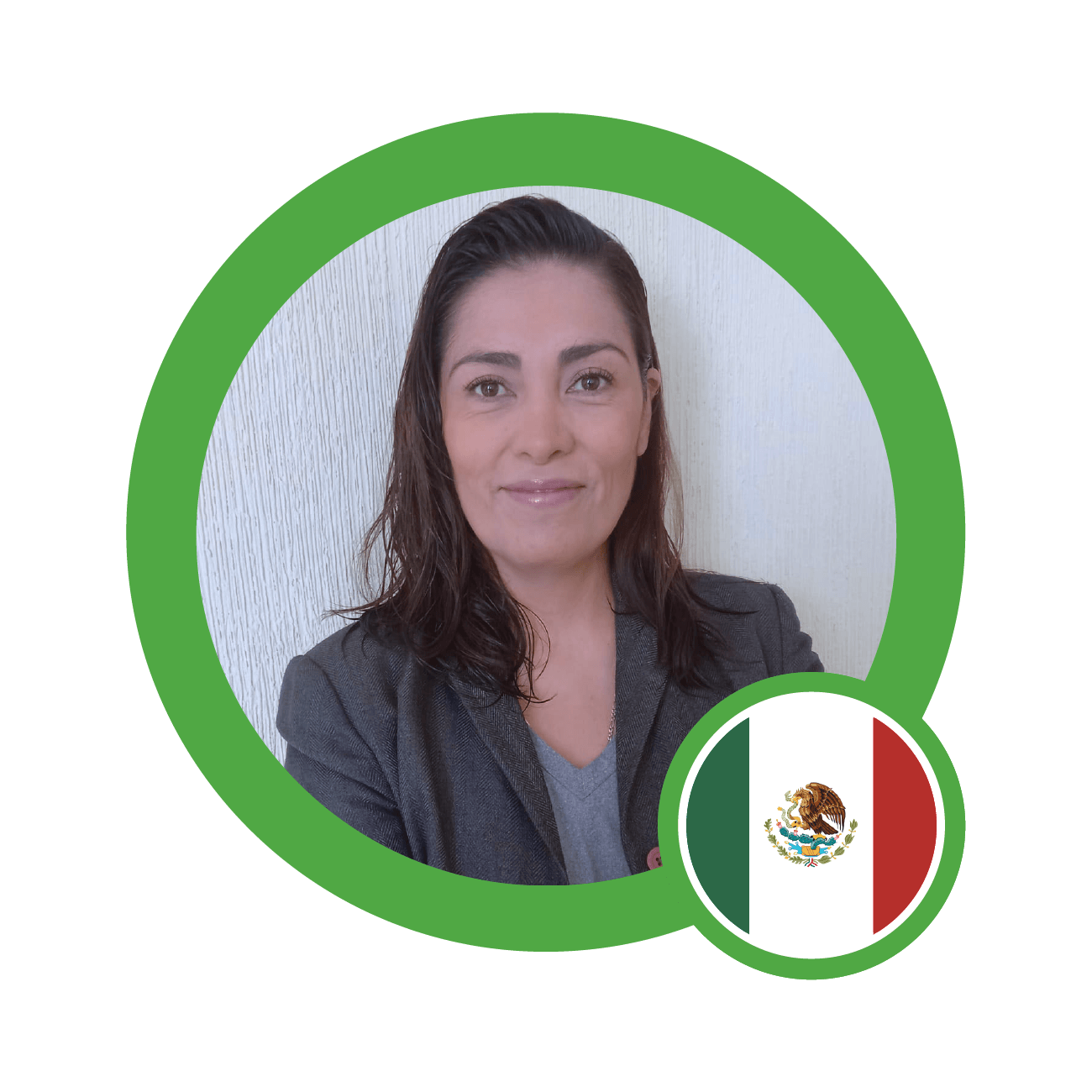( Re) Building an inclusive and social economy after COV ID-19 (EN)
Rebuilding an inclusive society by ensuring basic needs and services through public -private partnership (EN)
The world faces social and environmental challenges that require a new outlook and practices directed towards good living. The strongest trends of the current economic system are spatial segmentation, cultural fragmentation and increasing inequalities characterized by disintegrated and fragmented societies due to the persistence of poverty and unequal income distribution, with vulnerable groups and communities at greater risk of exclusion. Currently, in most countries there are problems of inequality and gaps in all areas, at the individual and collective level. The Social and Solidarity Economy is a means to improve the development of proposals, inclusive public policies and collaboration mechanisms between different actors and sectors, making vulnerable groups the protagonists of their own welfare processes.
The ecosystem of the co-construction of SSE policies in Africa: prospects for dialogue for the regionalization of public policies of SSE in Africa (FR)
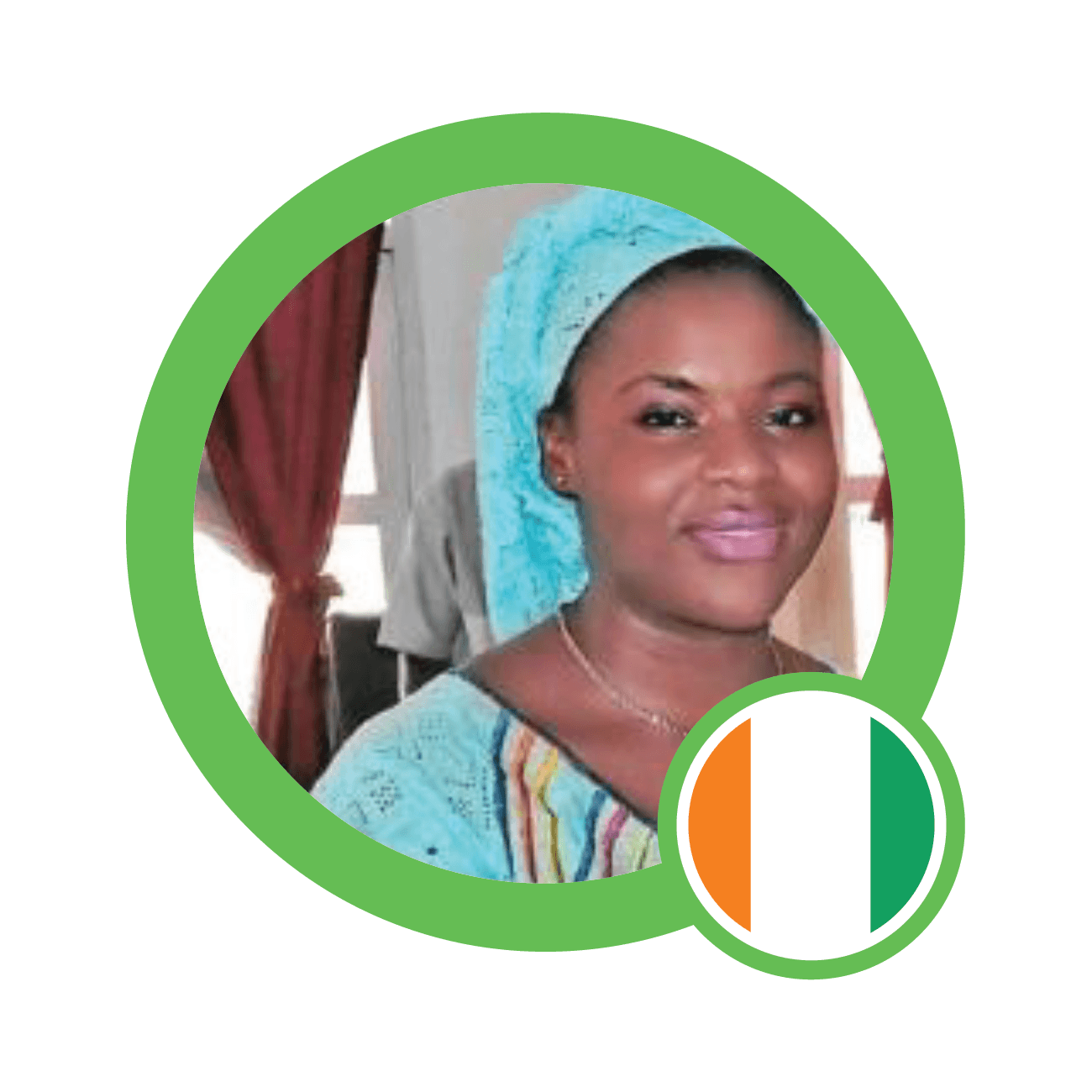
Nodege Yedoh Yediane
Presidente Nationlae de la jeunesse féminine pour l’entrepreneuriat et le développement en côte d’Ivoire

Fabrice Adelphe Balou
Président de la POJeT, Directeur-CI, African Youth’SSE Co-operation Program-côte d’Ivoire
Social and Solidarity Economy in the Fight Against Inequalities towards an inclusive society (FR)
An inclusive community is one that accepts all its members, without distinction of social classes, without discrimination, without exclusion or limitations for personal and collective development; a society that makes all its members feel equal to participate in political, economic, social and cultural life. An environment that accommodates all people regardless of condition, sex, gender, preferences, age, beliefs or ethnic origin, and in which they have the same rights and obligations, a world that provides opportunities for all.
Inclusive community and revitalization of SSE in the Communes of Cameroon (FR)

Inauguration ceremony (ES,EN,FR)
Inauguración del Foro Global de la Economía Social 2021, Ciudad de México

Claudia Sheinbaum Pardo
Jefa de Gobierno de la Ciudad de México y Co-Presidenta del Foro Global de la Economía Social
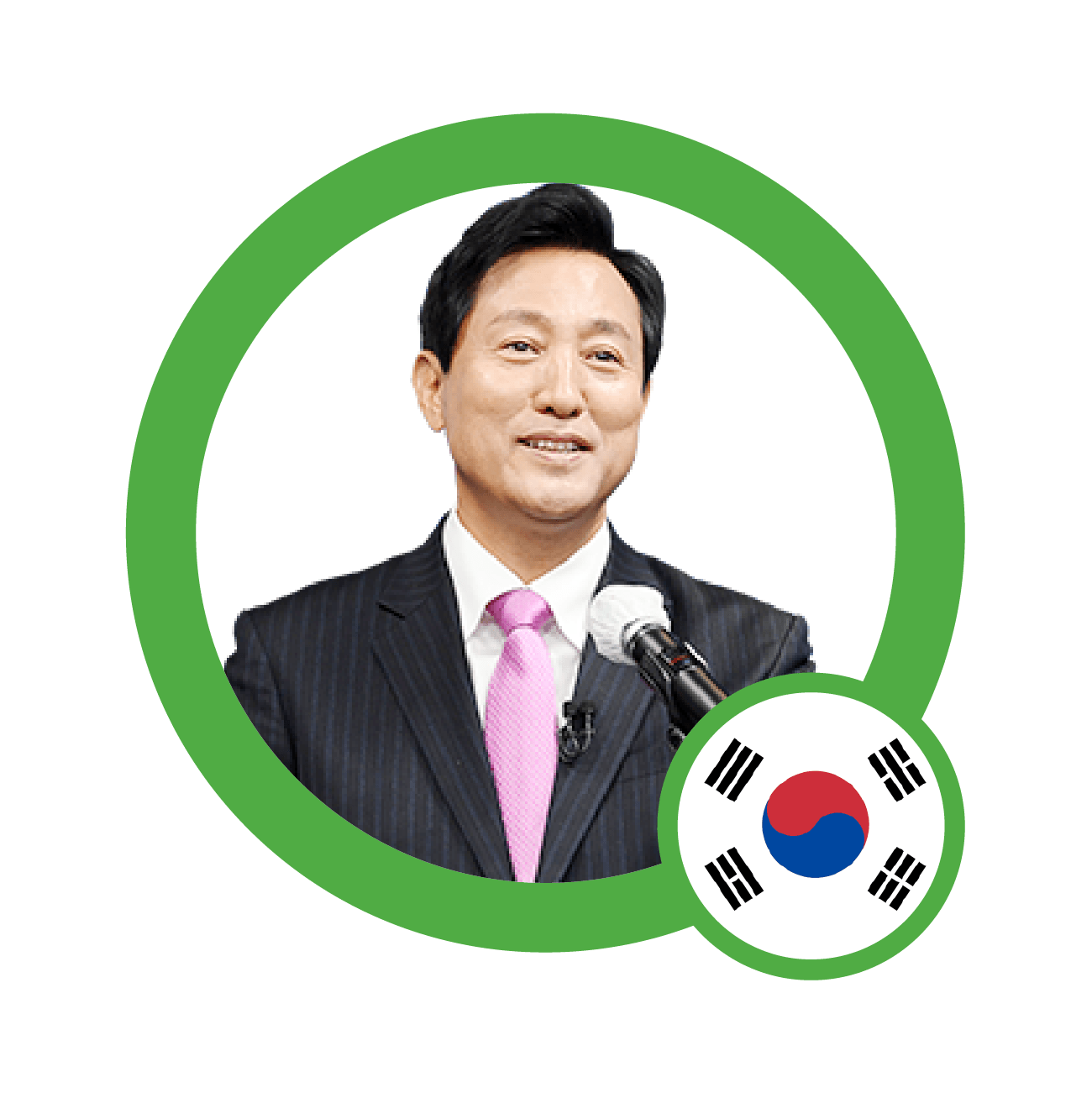
Oh Se-hoon
Alcalde de Seúl, Corea del Sur y Co-Presidente del Foro Global de la Economía Social, GSEF
Mayors Panel (ES,EN,FR)
La urgencia generada por el COVID-19 en el Sur global reafirma el importante papel que debe desempeñar la ESS en la vida de millones de personas cuyos medios de vida se ven hoy aún más amenazados en esta crisis sanitaria mundial. Nunca antes se había hecho tan evidente que sólo la cooperación entre los actores locales, sus organizaciones y redes y todos los niveles de gobierno puede y podrá hacer frente a la urgencia de la próxima década a corto plazo y establecer los parámetros para el futuro.
Este es un momento crítico para que los actores de la ESS se reúnan y compartan sus preocupaciones, sus esperanzas, sus éxitos y sus fracasos. Es un momento crítico para que los gobiernos locales participen en un diálogo activo sobre cómo institucionalizar la colaboración con las partes interesadas para reforzar la capacidad de la ESS para responder a los desafíos a los que se enfrentan las ciudades de todo el mundo.
Plenary 1. Build and rebuild an inclusive community (ES,EN,FR)
Crises reveal the crucial challenges facing humanity. The current health crisis has accentuated the growing inequality and exclusion of millions of people. Therefore, this session encourages reflection on inequalities so that the various actors and sectors can promote paths and solutions to generate a world where many ways of seeing life coexist, with social justice and putting the diversity of people and communities at the center.
Inclusion models from the Social Economy (ES,EN,FR)
Exchange experiences of actions, strategies and policies that promote the common welfare of societies based on the principles, practices and values of the SSE. Identify solutions and alternatives articulated through the social sector of the economy from the local level that have a global impact. Highlight projects and public policy initiatives based on the Social and Solidarity Economy, for the achievement of the Sustainable Development Goals (SDGs). Propose routes based on the SSE that address the economic and social crisis (post pandemic) that we are currently facing.
Building Social and Solidarity Economy organizations and enterprises to foster inclusive and sustainable work models and societies (ES)
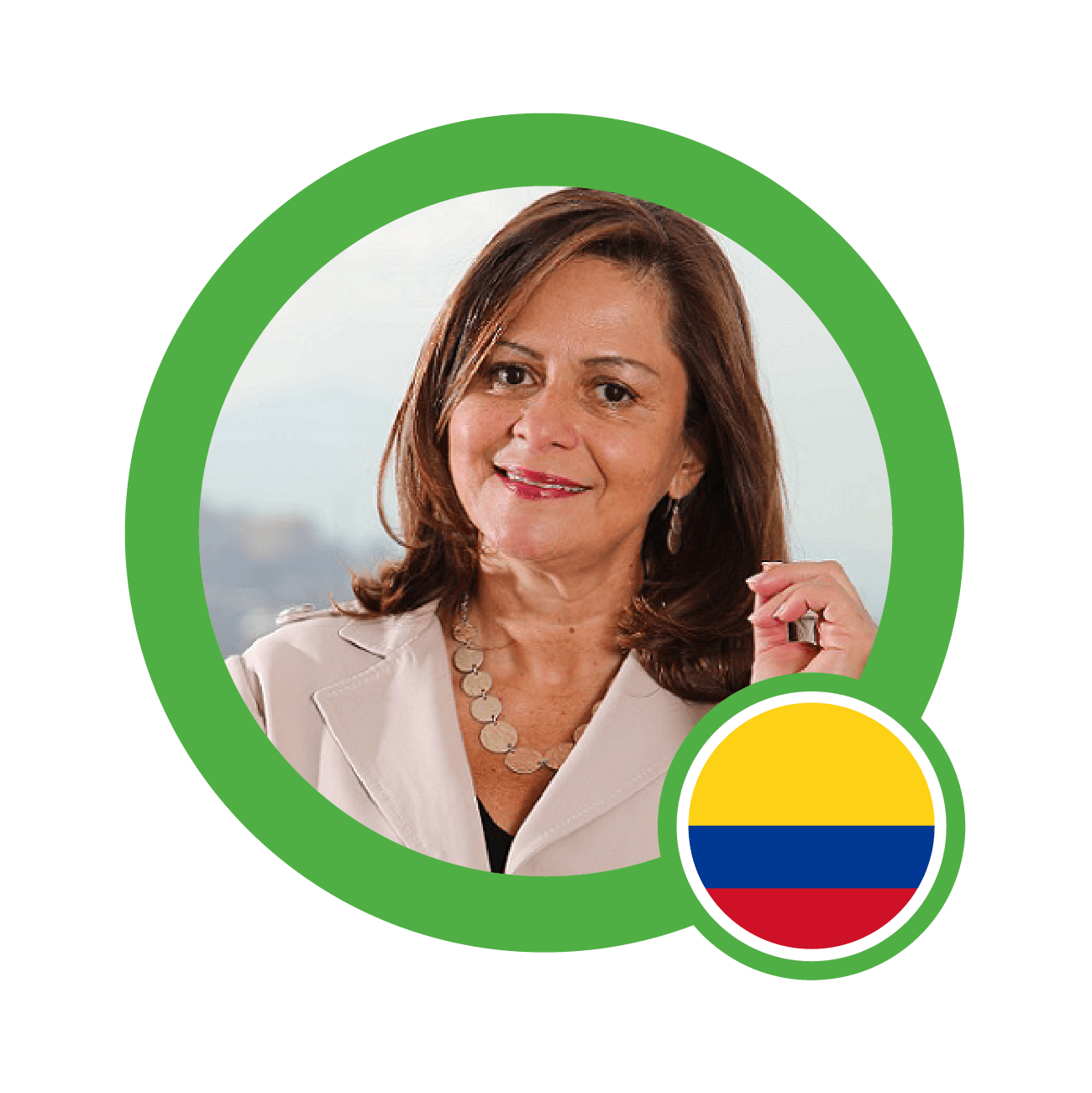
Elisa Torrenegra
Co-presidenta de ESS Foro Internacional – Directora ejecutiva Gestarsalud – Colombia

Claudia de Lisio
Directora de Planificación y Desarrollo Institucional Públicas Instituto Nacional del Cooperativismo – Uruguay
Government actions for inclusion from the SSE (ES,EN,FR)
Exchange experiences of actions, strategies and policies that promote the common welfare of societies based on the principles, practices and values of the SSE. Identify solutions and alternatives articulated through the social sector of the economy from the local level that have a global impact. Highlight projects and public policy initiatives based on the Social and Solidarity Economy, for the achievement of the Sustainable Development Goals (SDGs). Propose routes based on the SSE that address the economic and social crisis (post pandemic) that we are currently facing.
The Social Economy and care (ES)
El cuidado es, como todo fenómeno extenso, una actividad básica para el ser humano que requiere un estudio con enfoque holístico. Incluye todo lo necesario que hacemos para mantener y compensar nuestro entorno, habitándolo de la mejor forma posible, está compuesto por la vida social, económica y cultural en torno al hogar, la familia, alimento, vivienda, salud integral, y medio ambiente sano y confortable, entre otros (GIECAE 2020). Además, tiene la finalidad de atender las necesidades de existencia y participación de las personas en el sistema social y económico, tal que, se coadyuve a mejorar su calidad de vida y desarrollo de capacidades. Históricamente el cuidado del hogar ha estado a cargo de las mujeres quienes desempeñan un doble rol que depende de la distribución de responsabilidades materiales y de cuidado dentro el hogar. Por un lado, cuentan con la formación, capacidades y recursos para insertarse en el mercado laboral; pero, por el otro, son cuidadoras de hijos, personas mayores y/o con discapacidades además de realizar labores domésticas, por lo que tienen mayor dificultad de tener autonomía económica.







